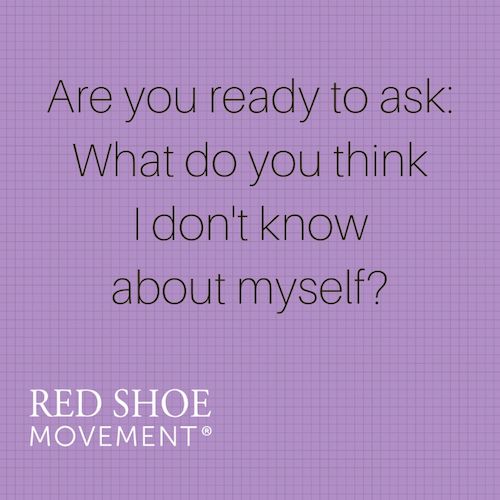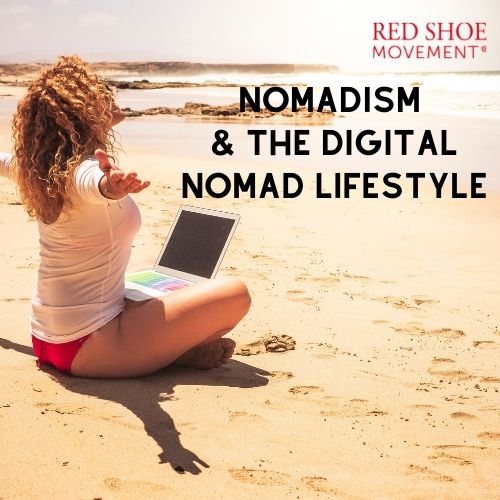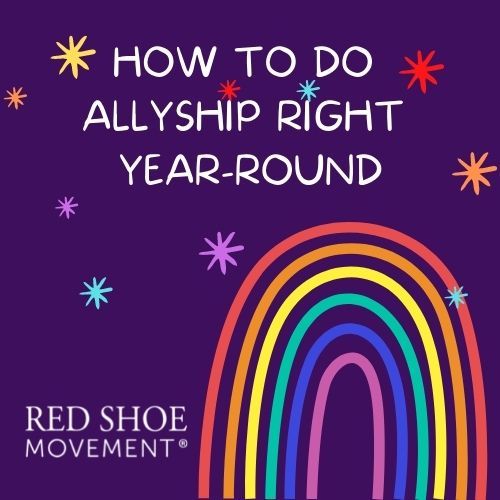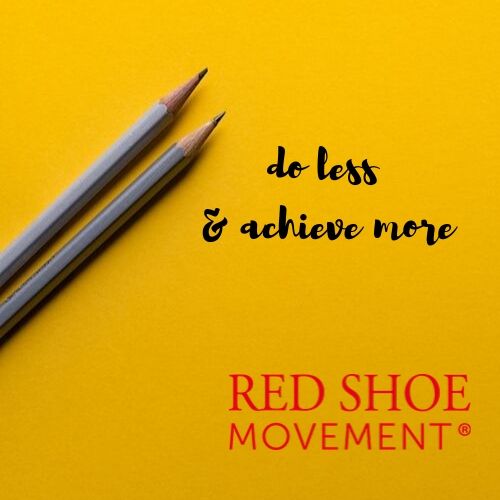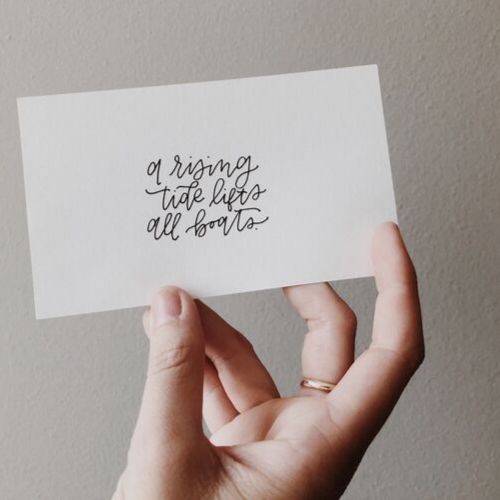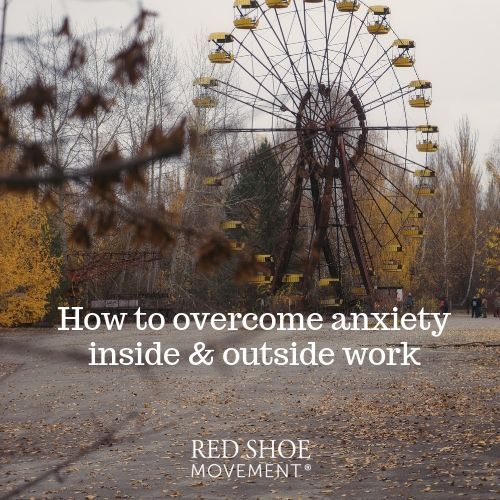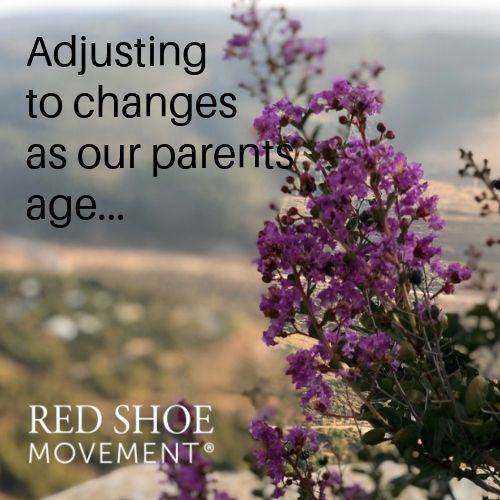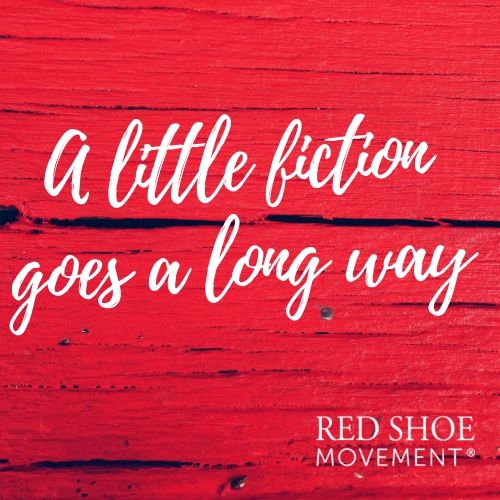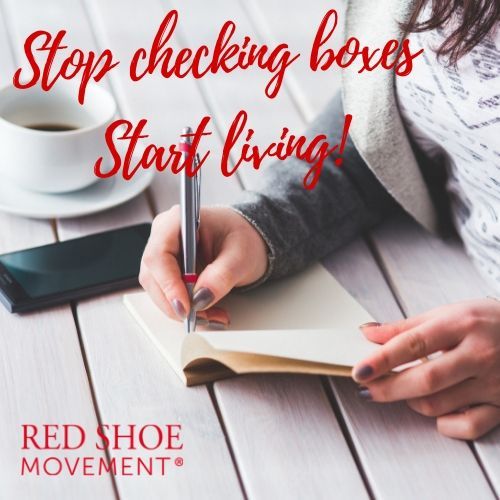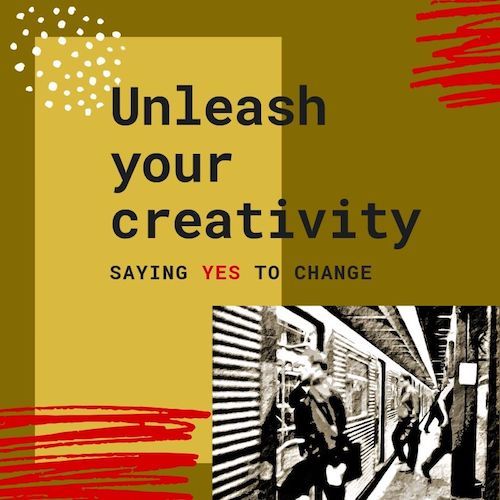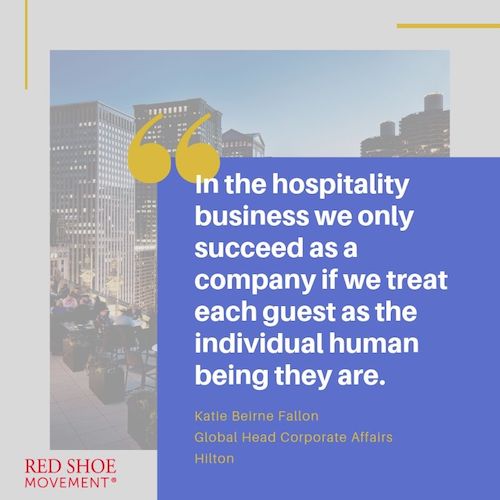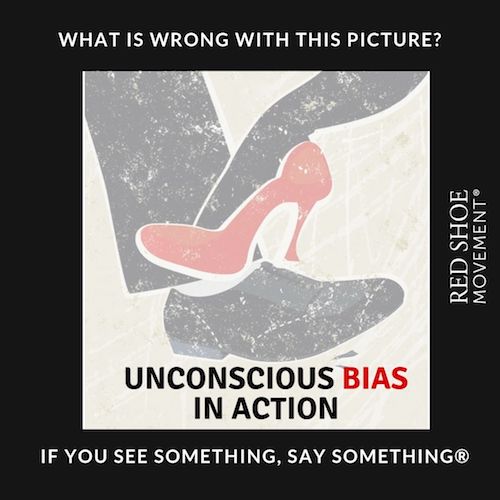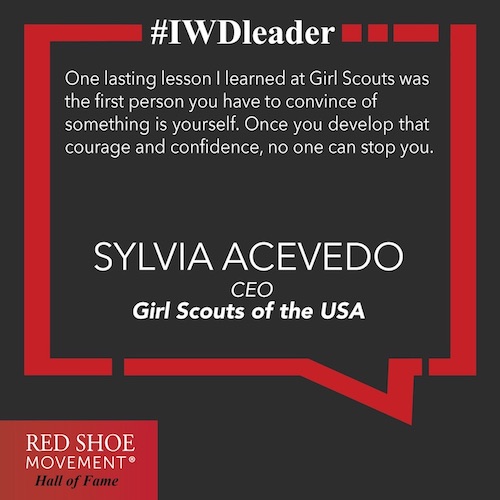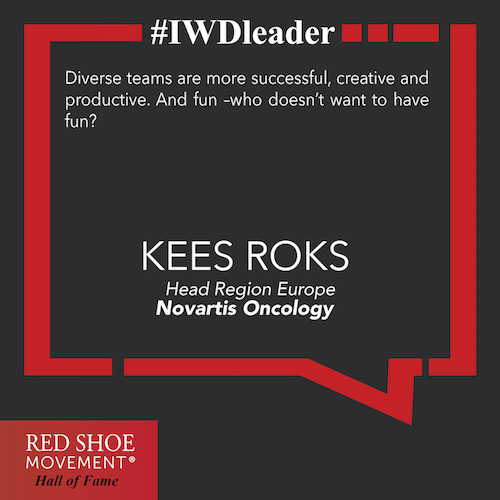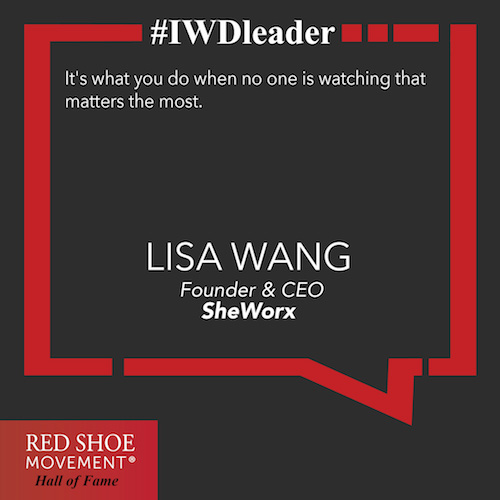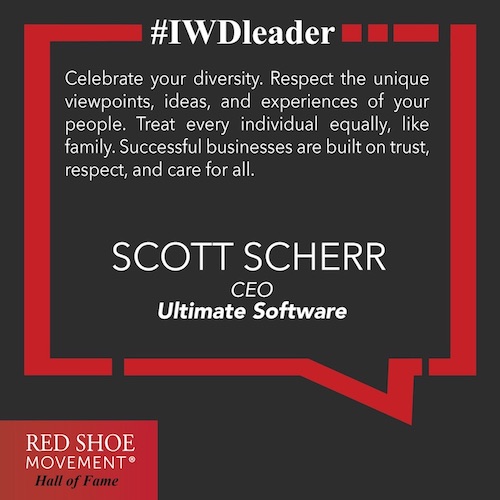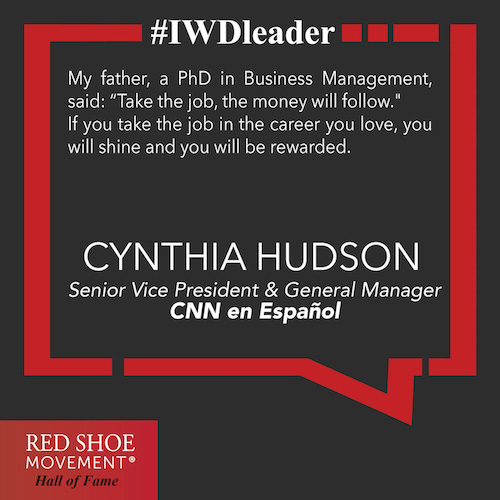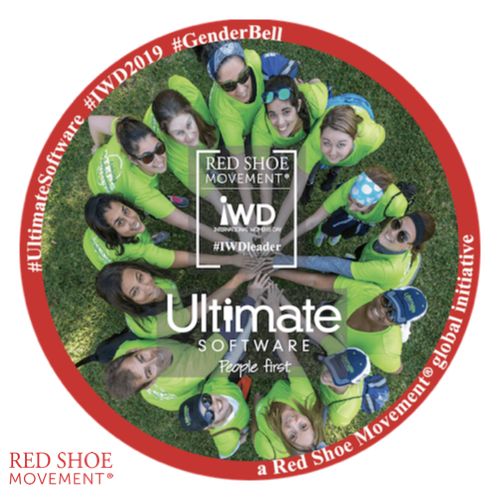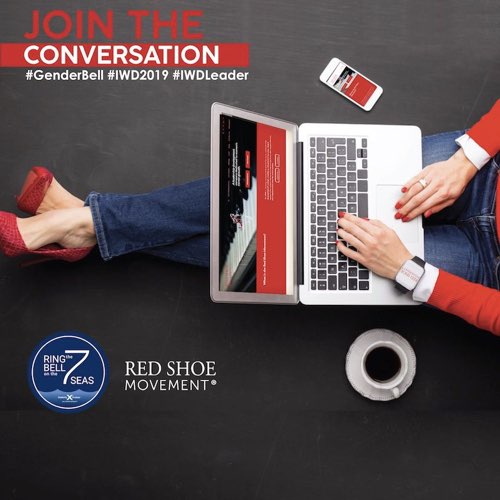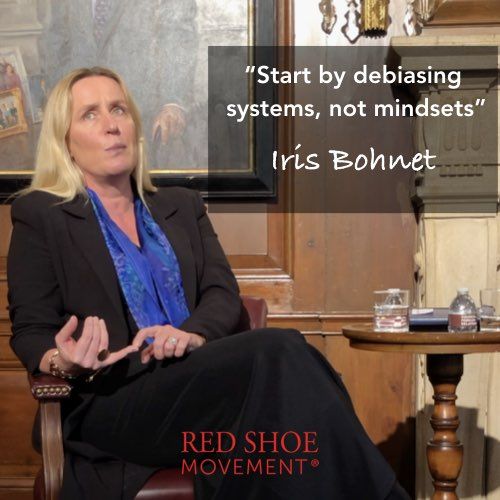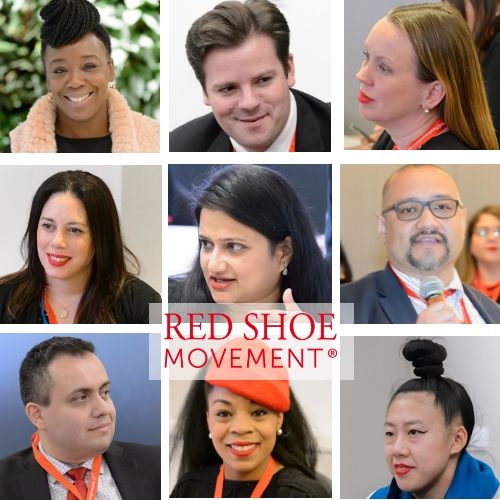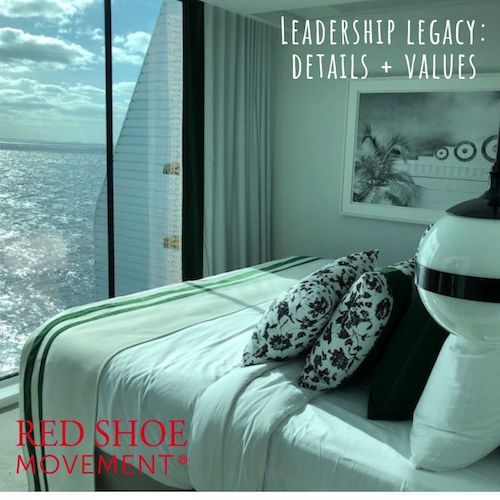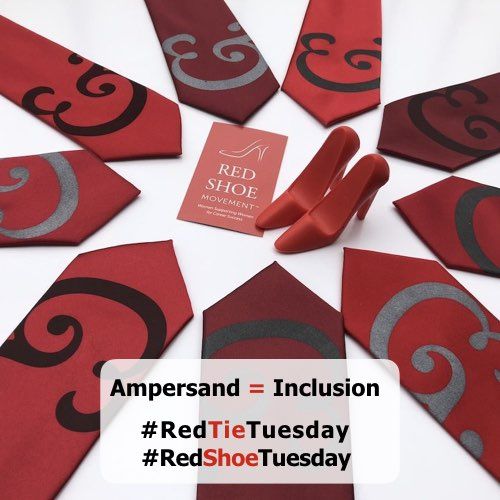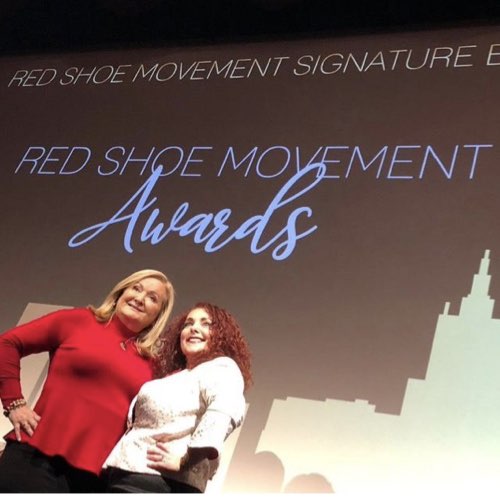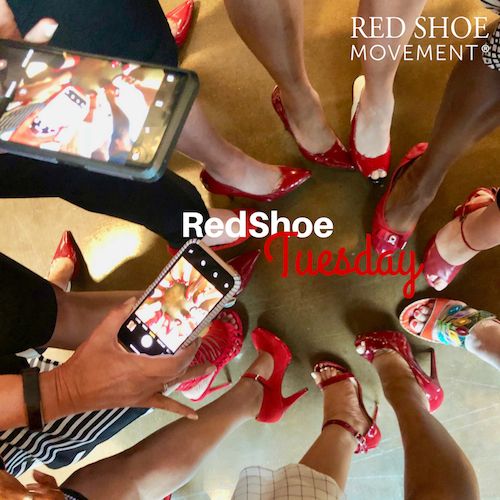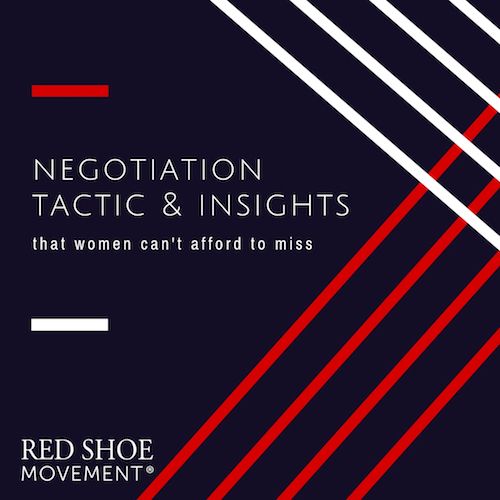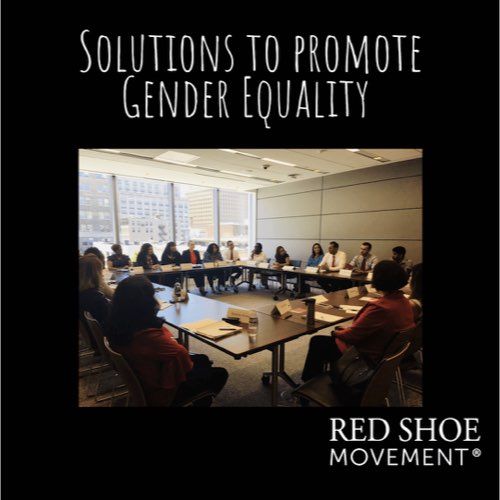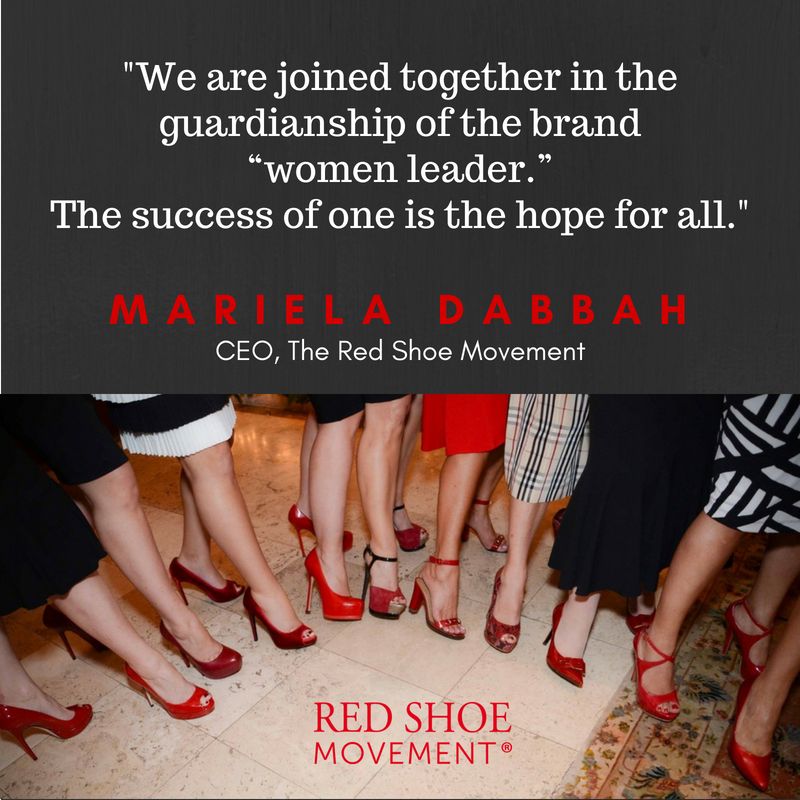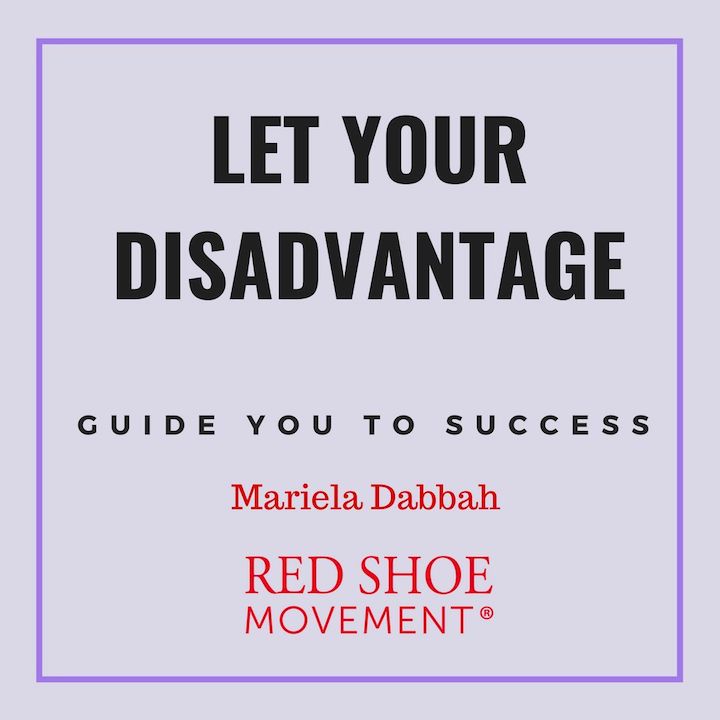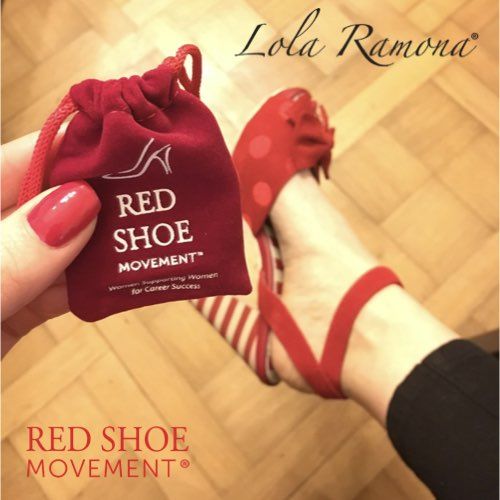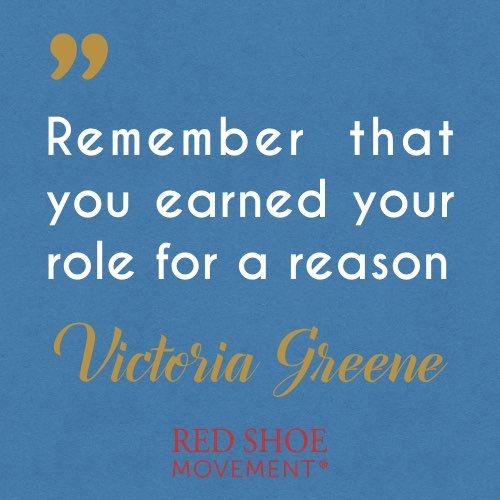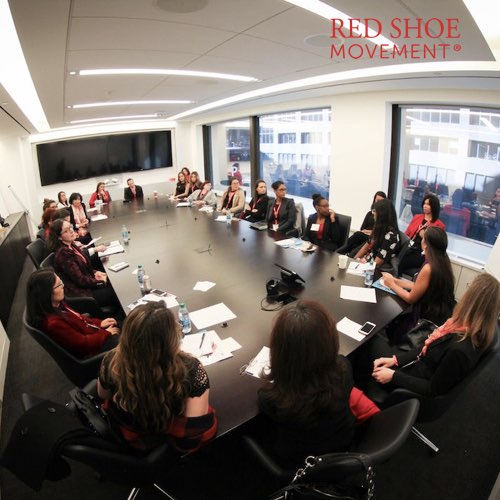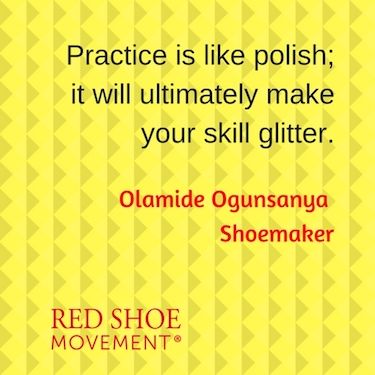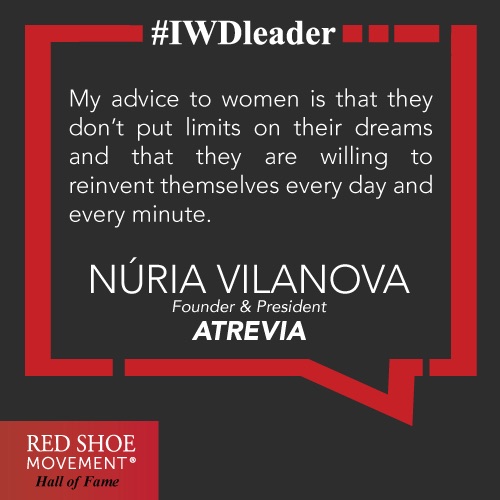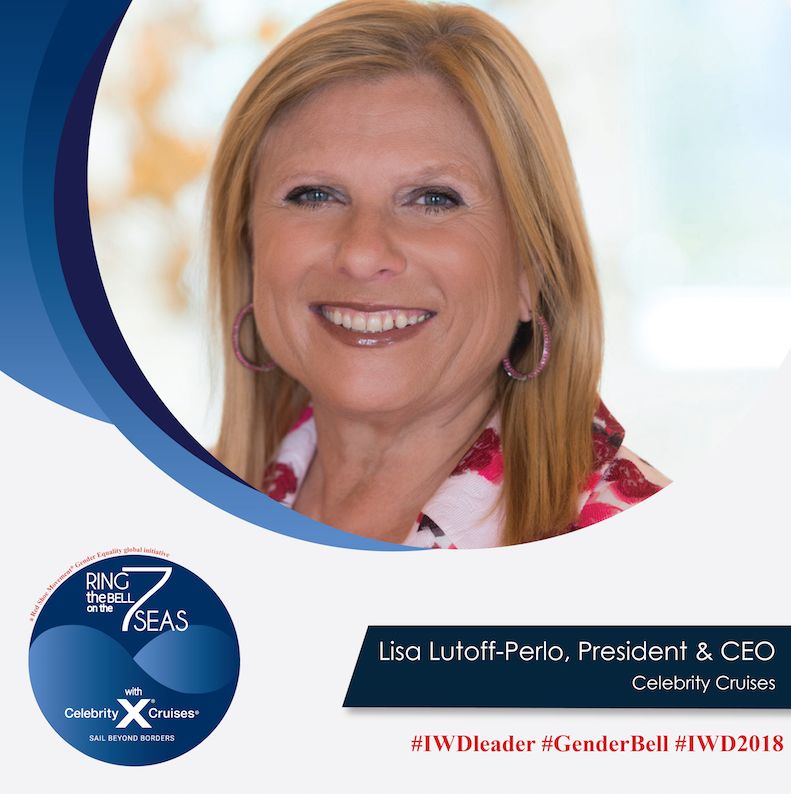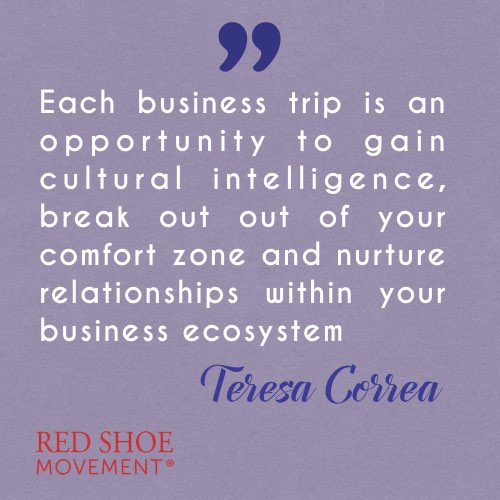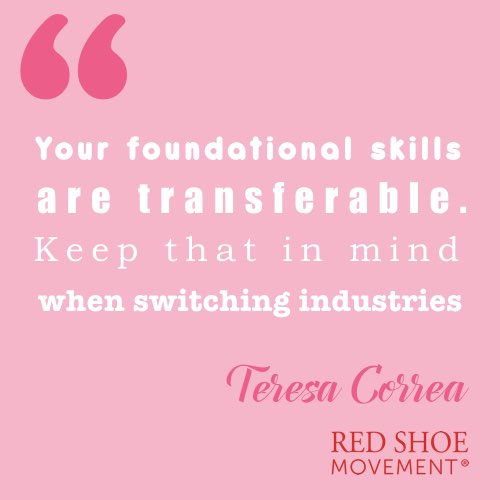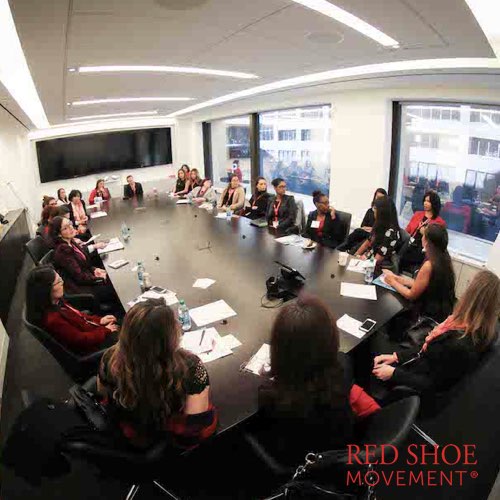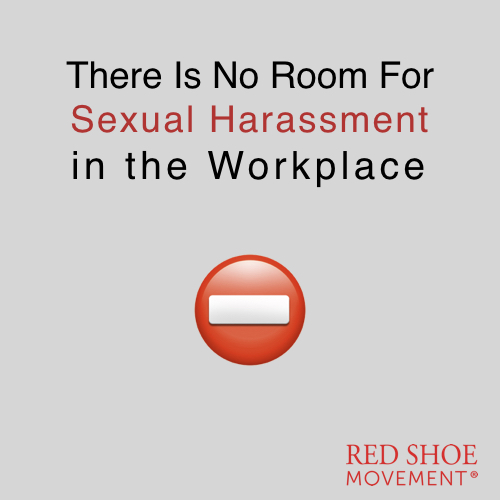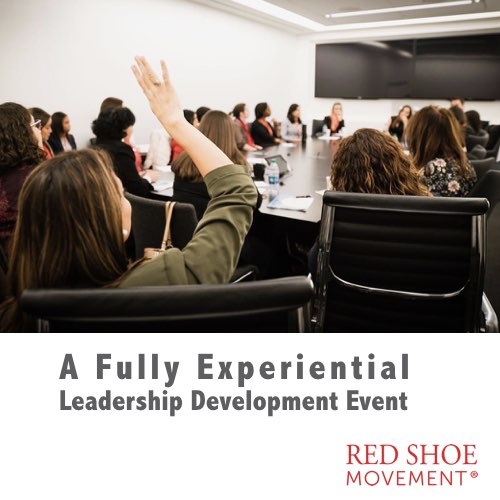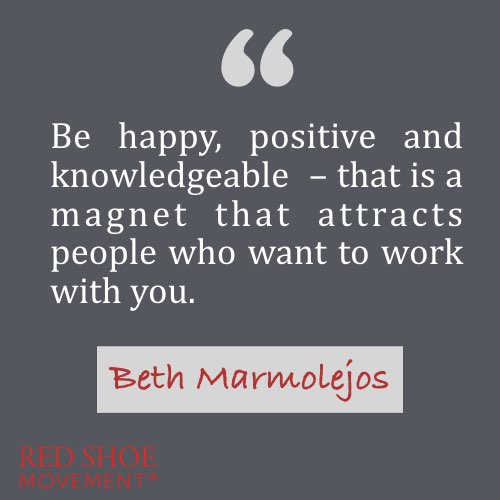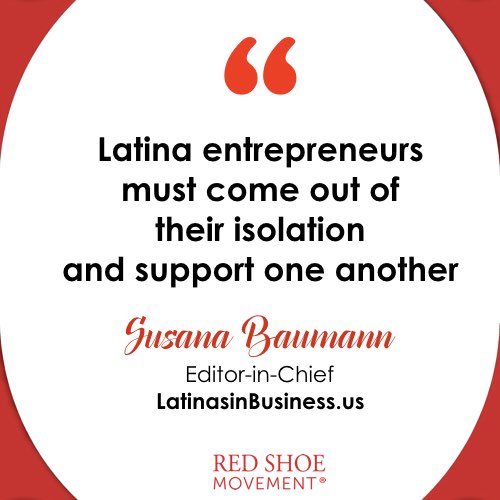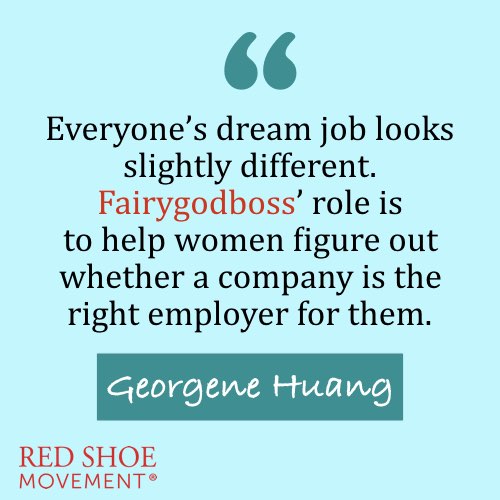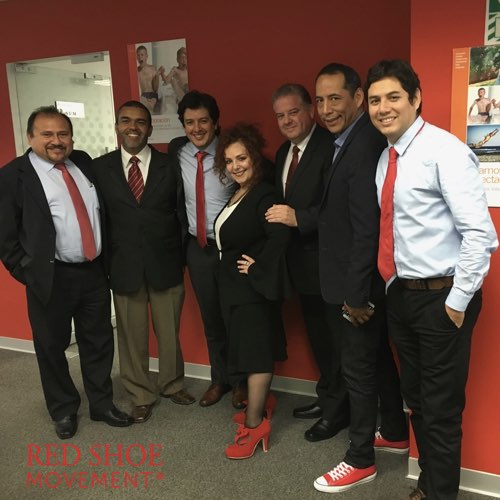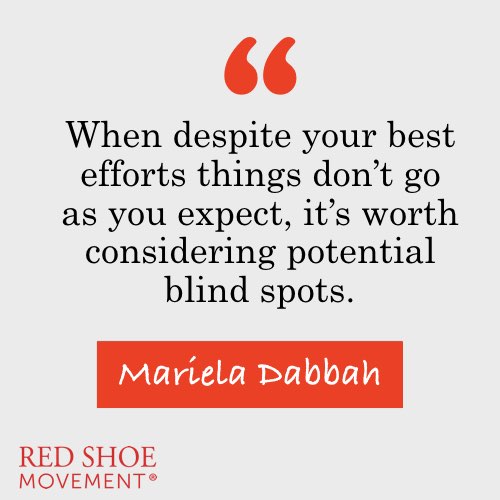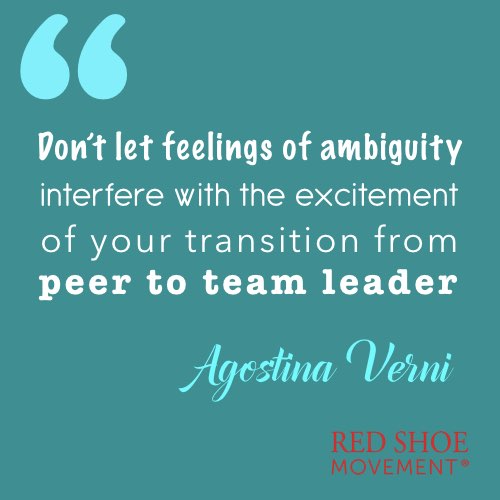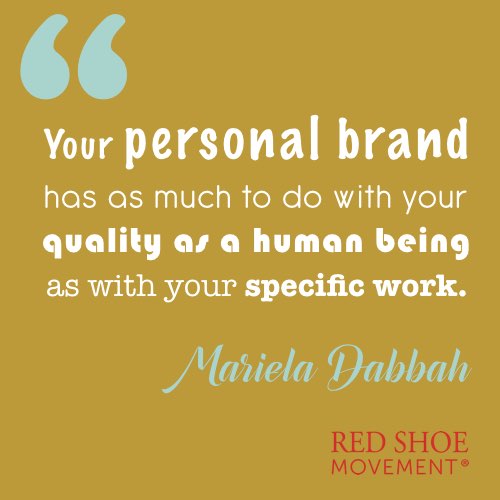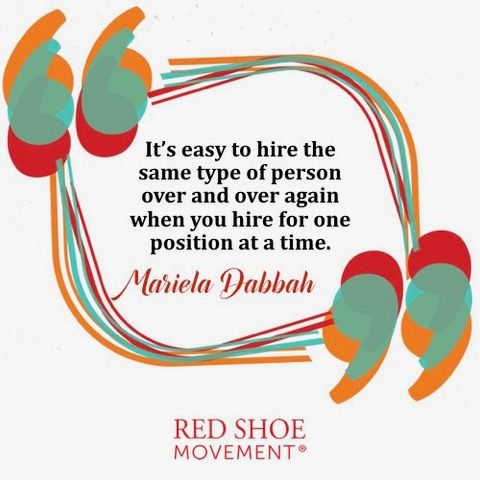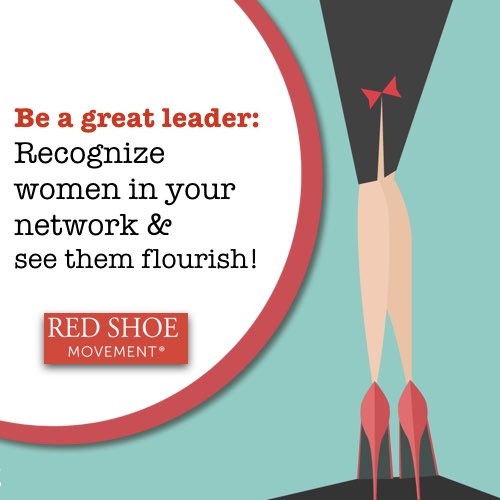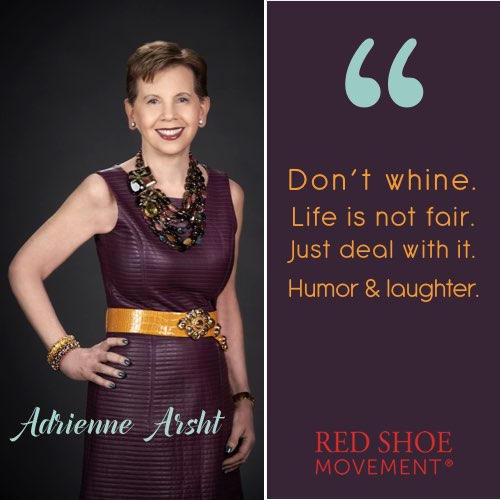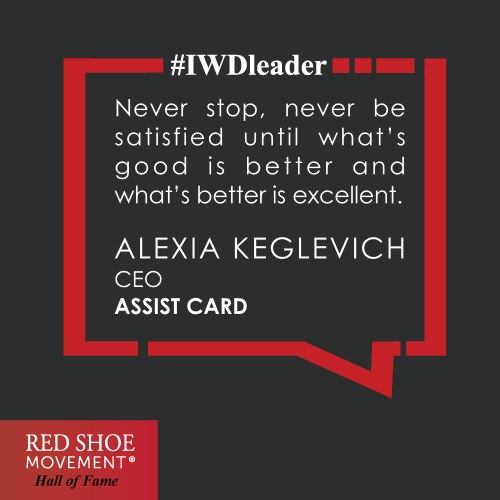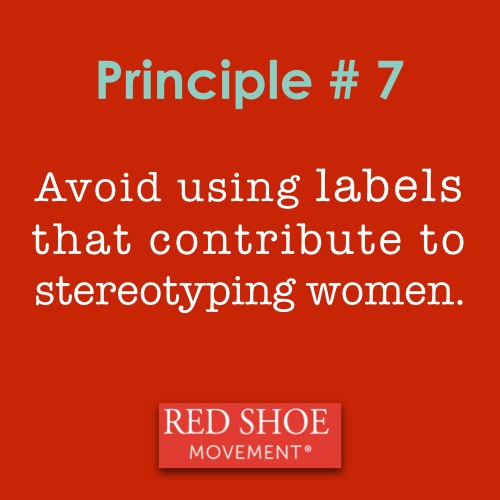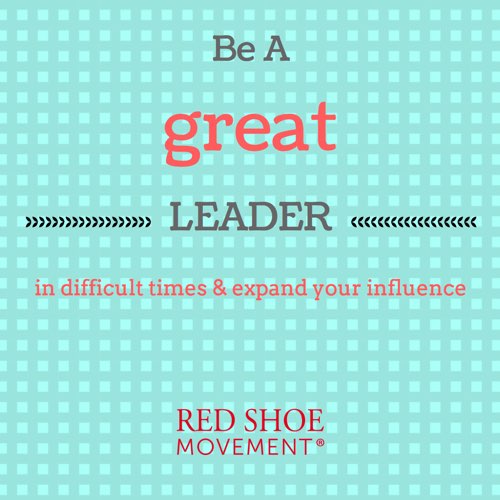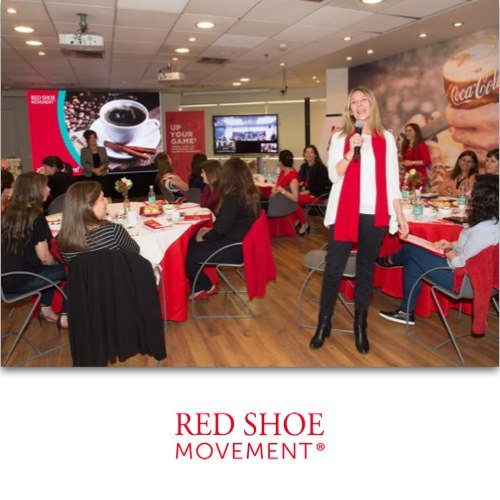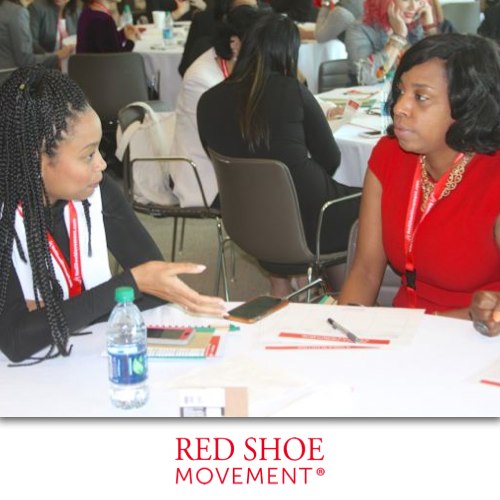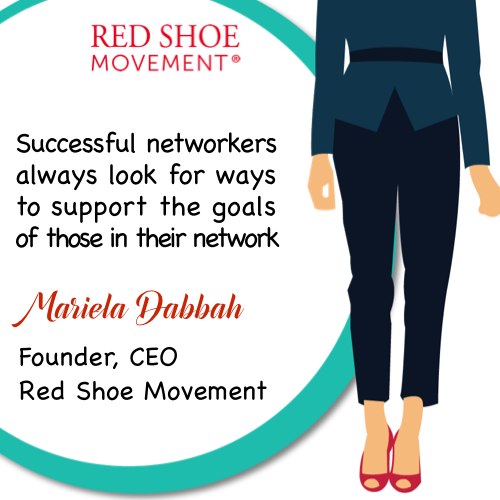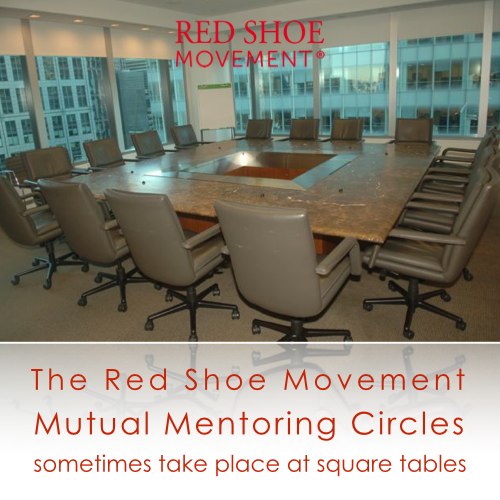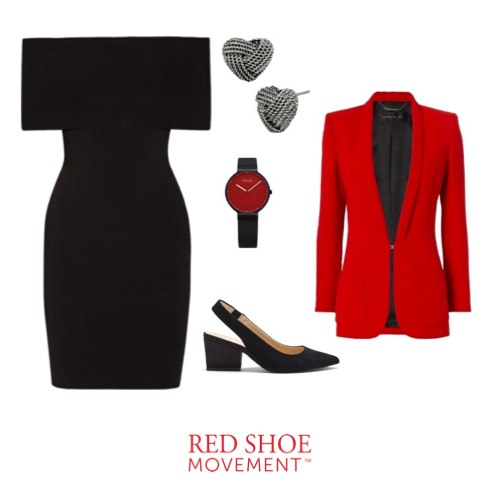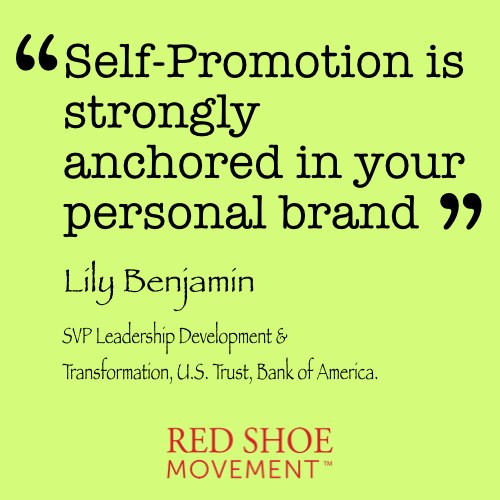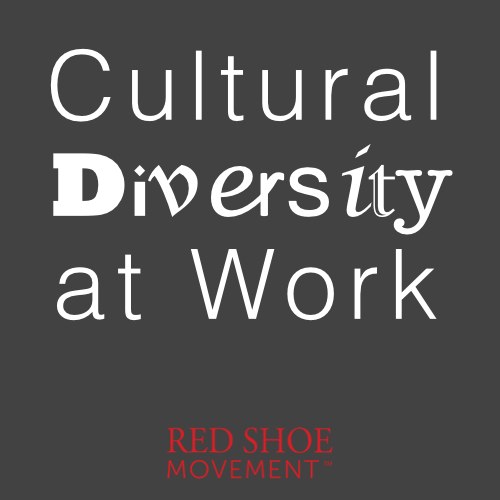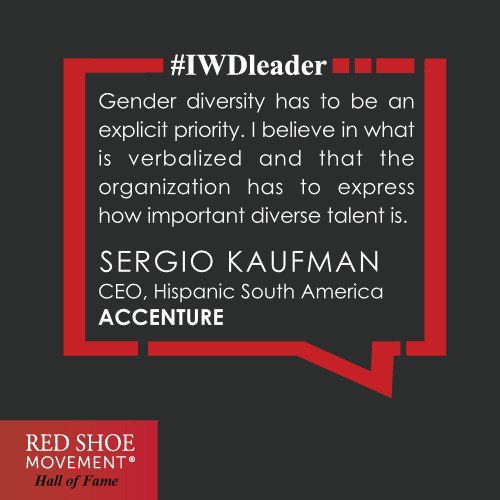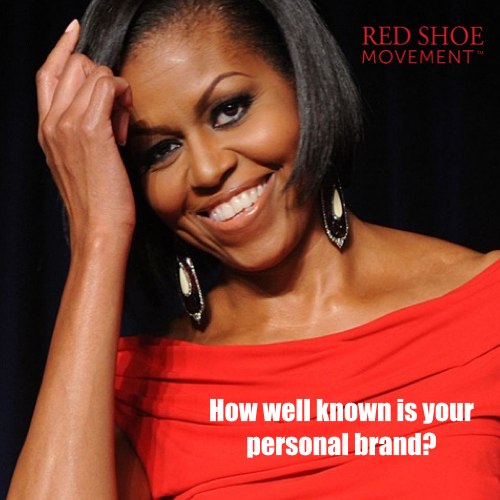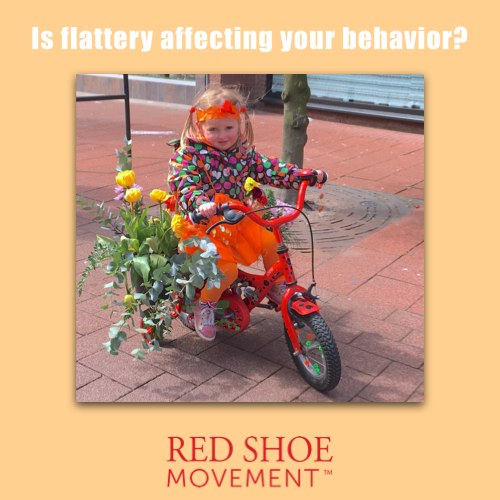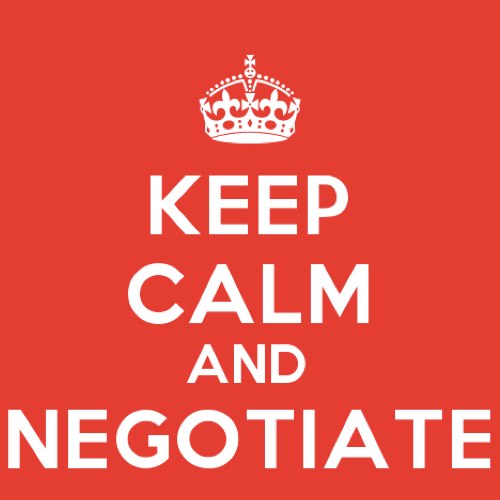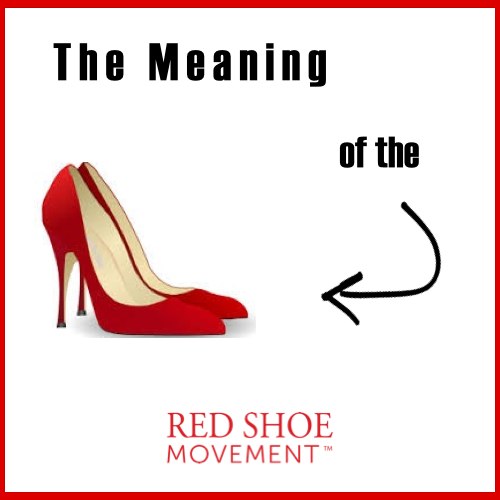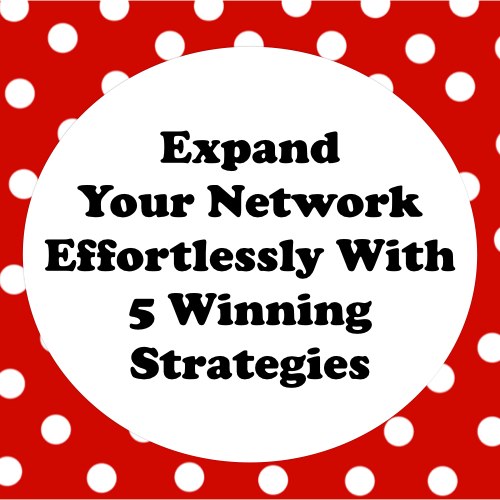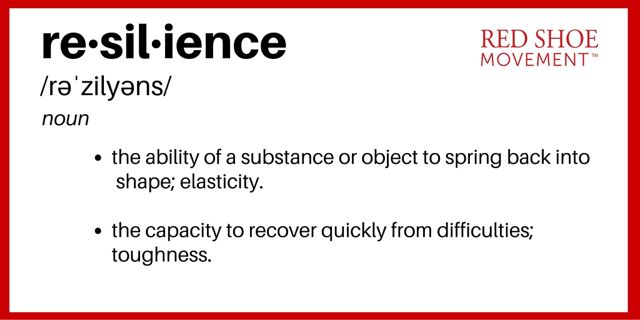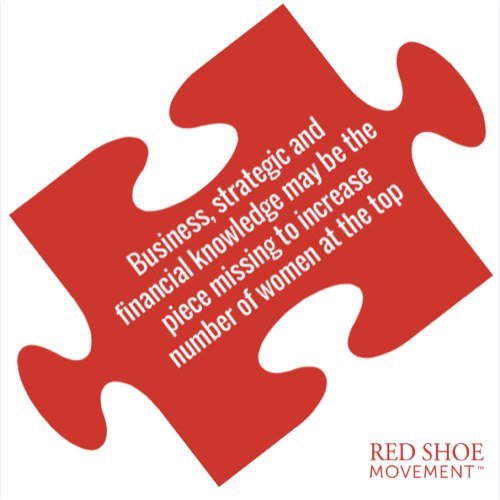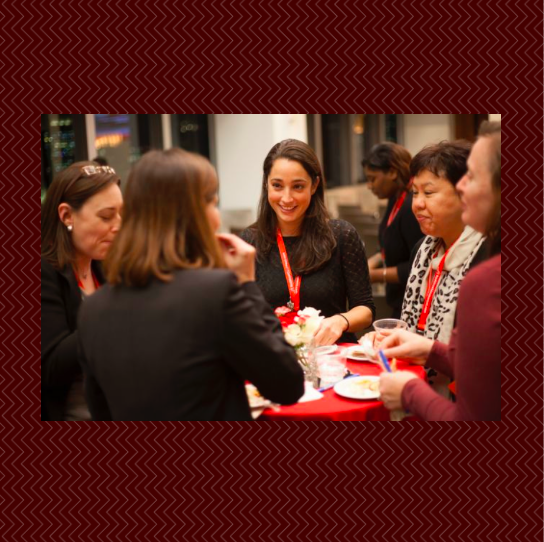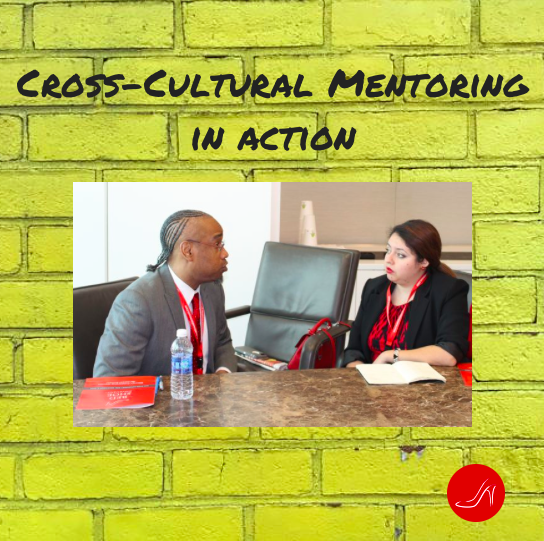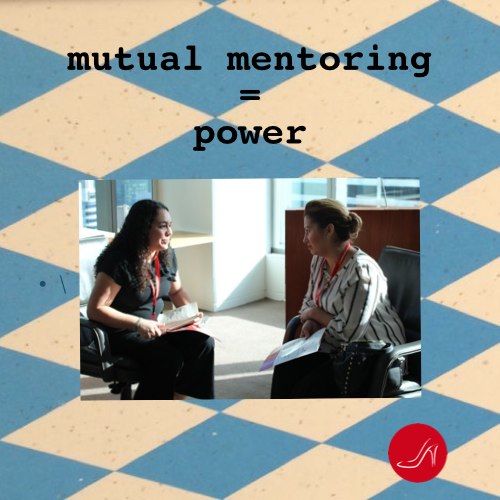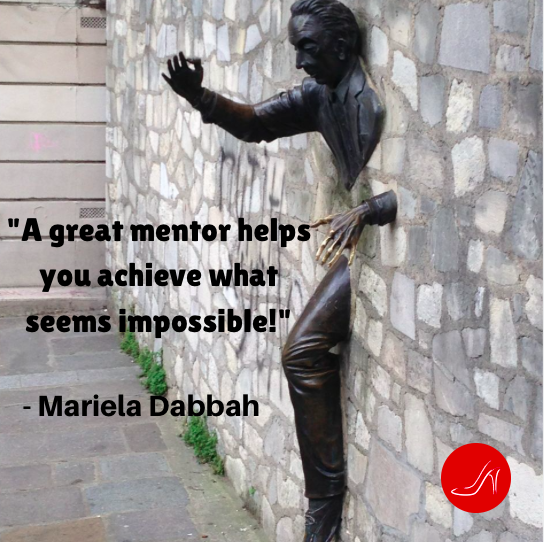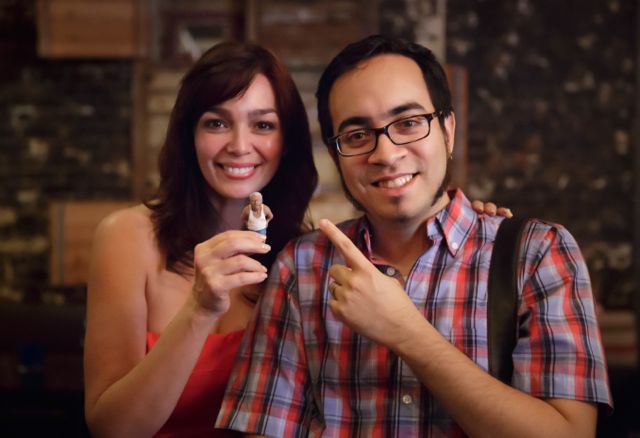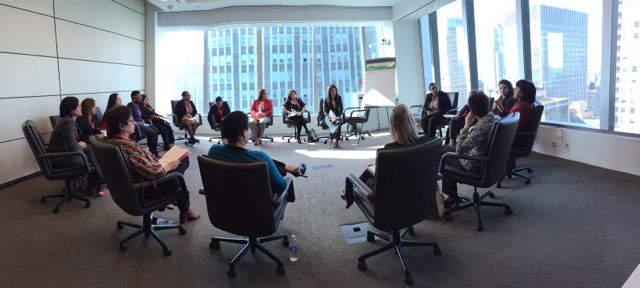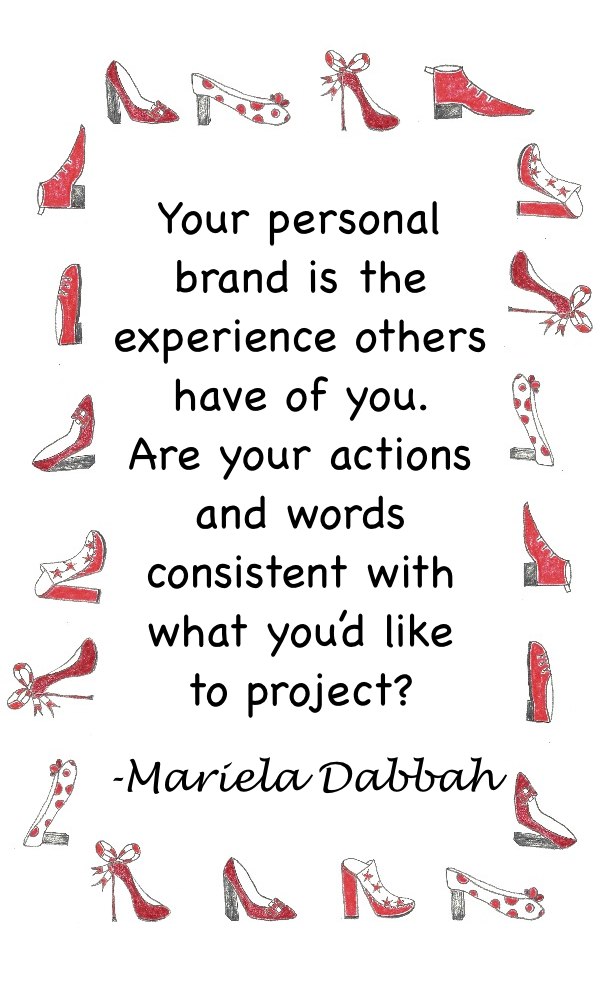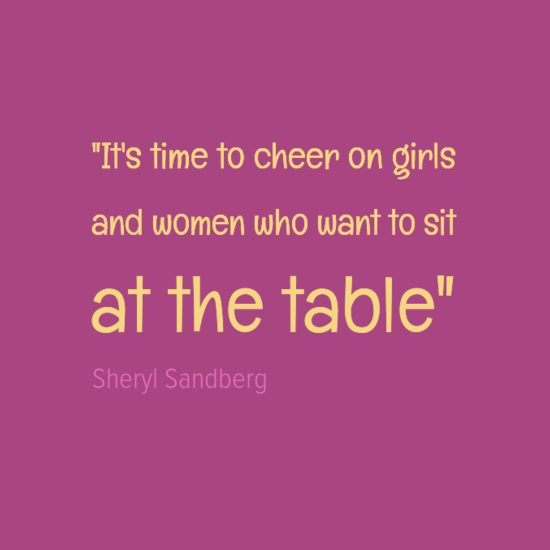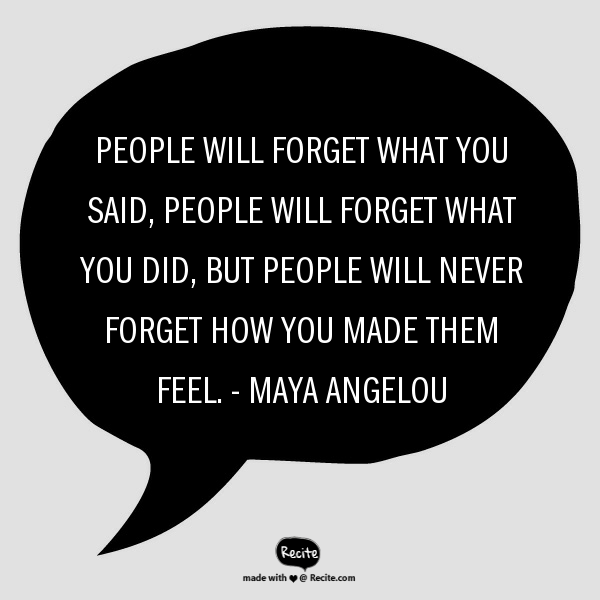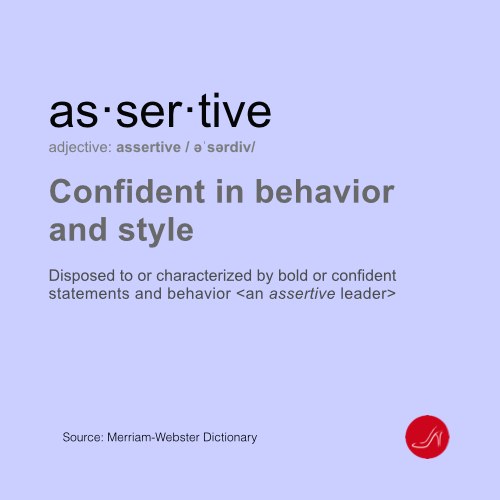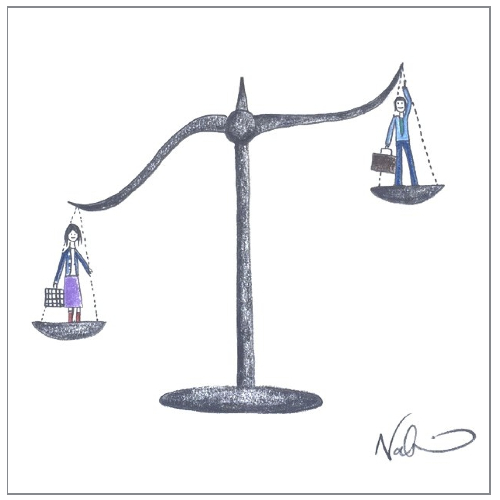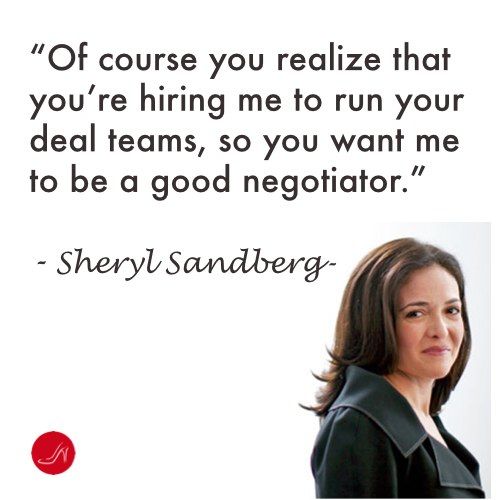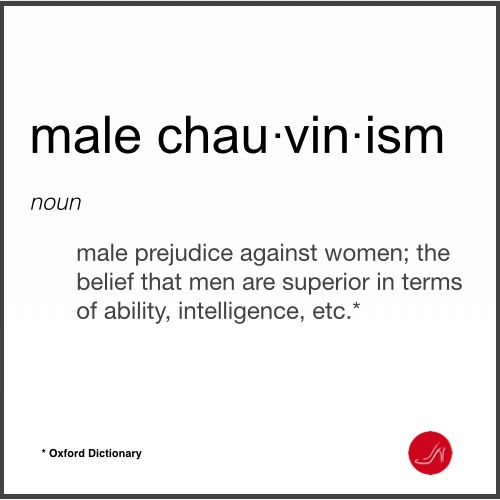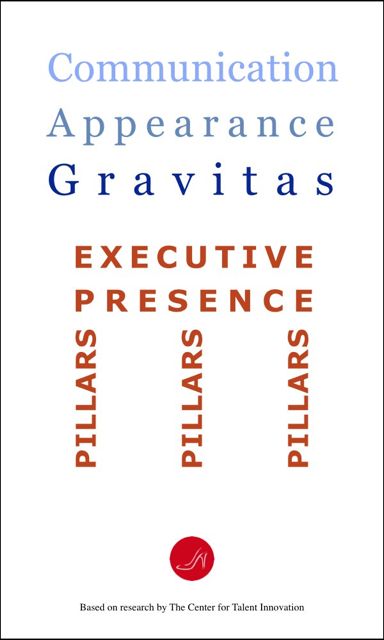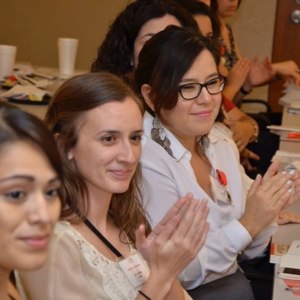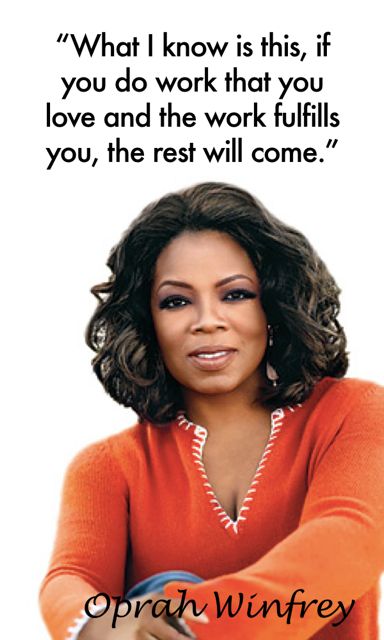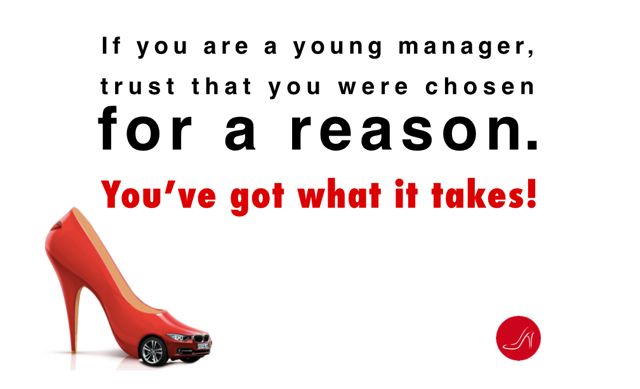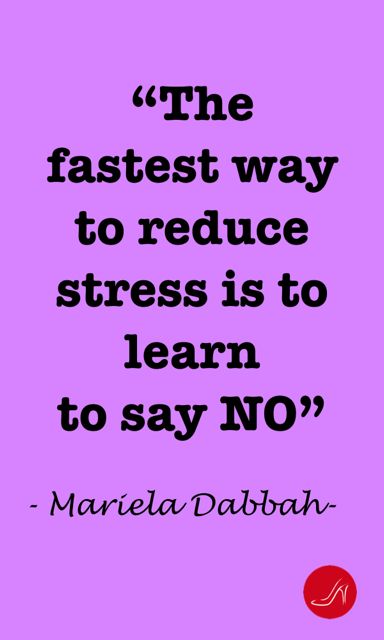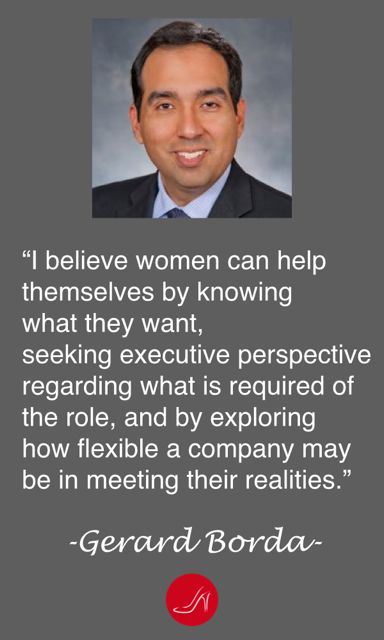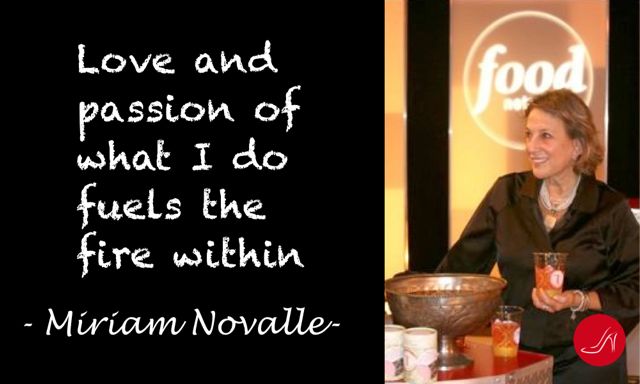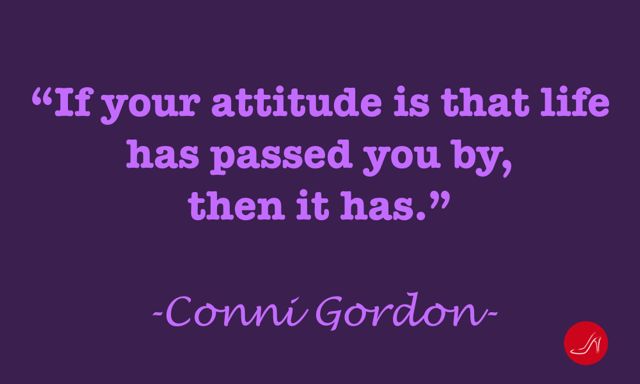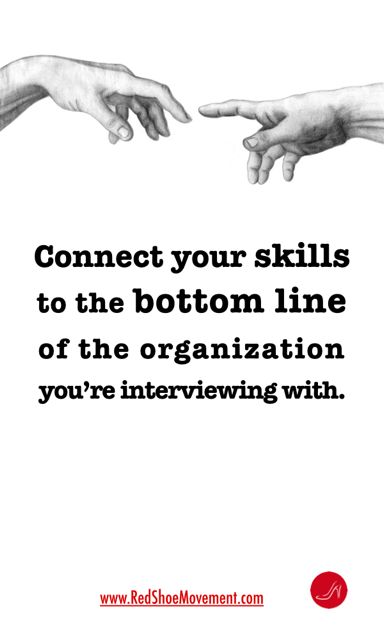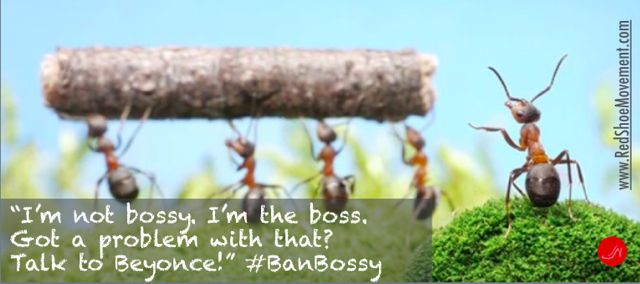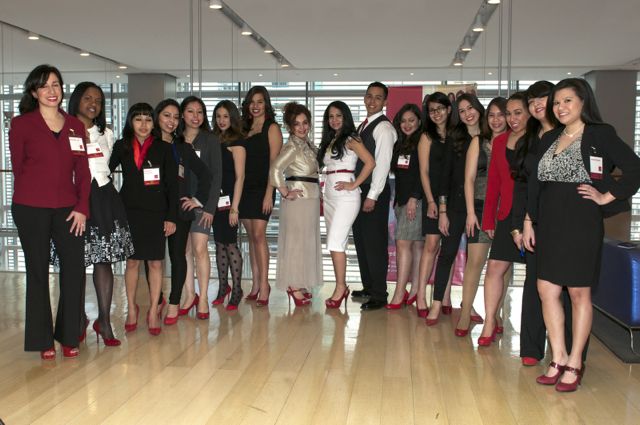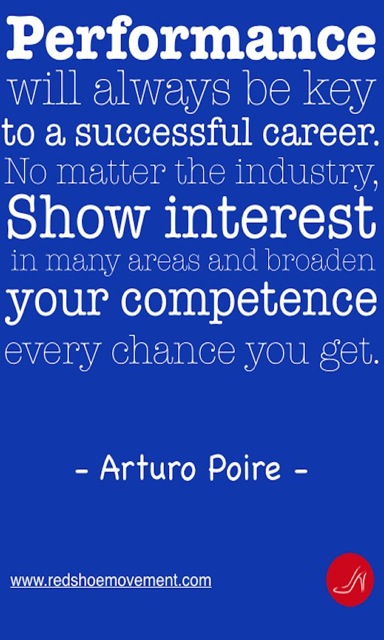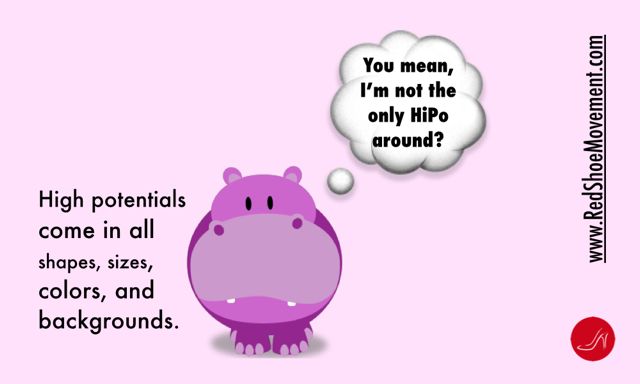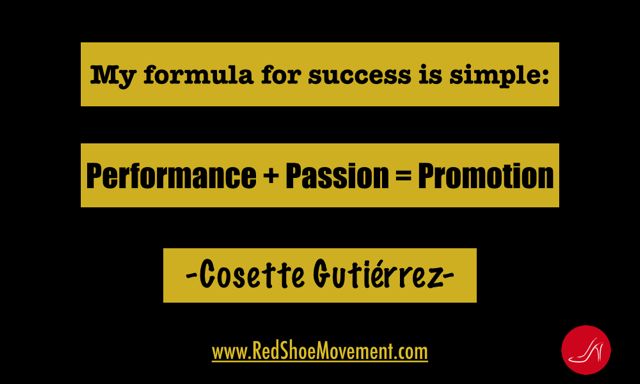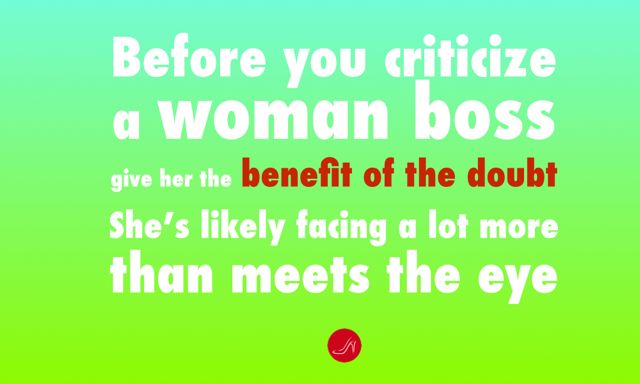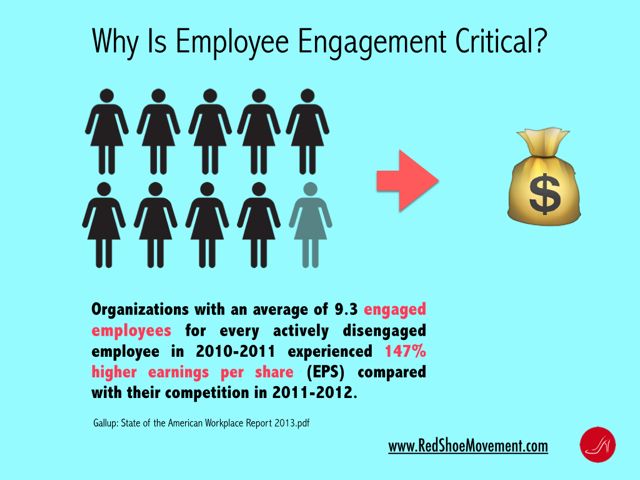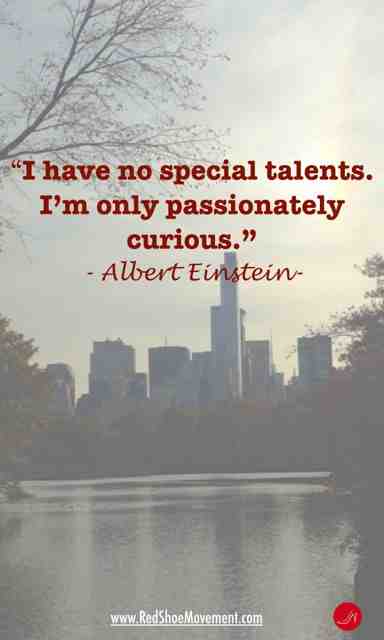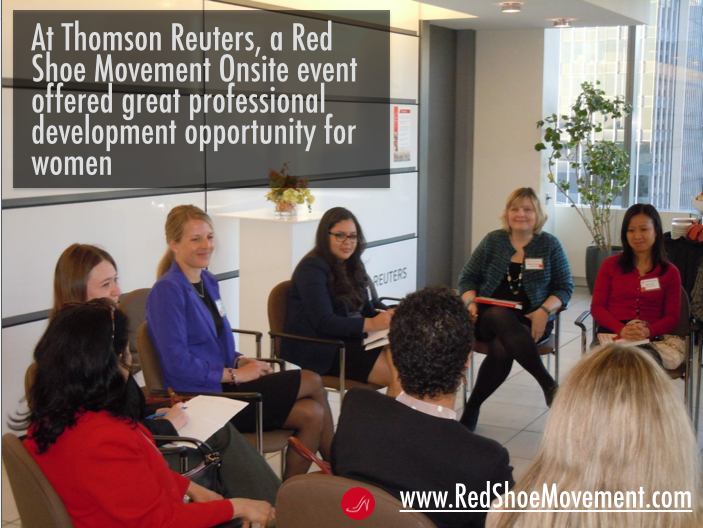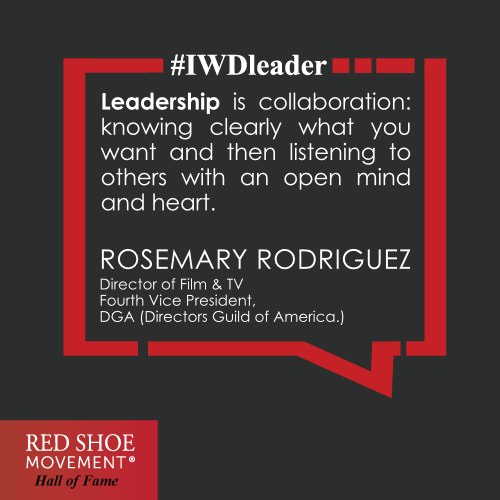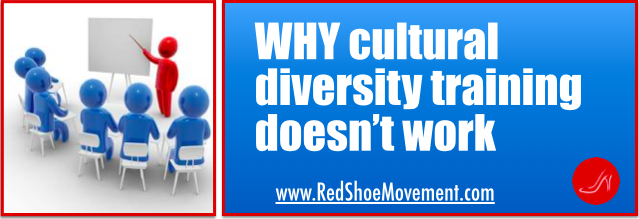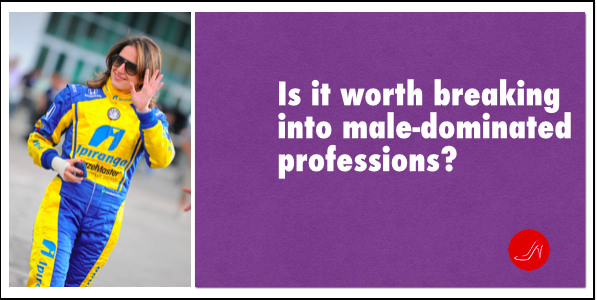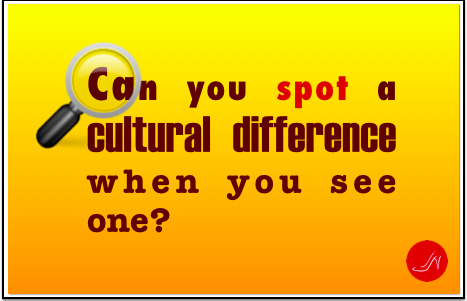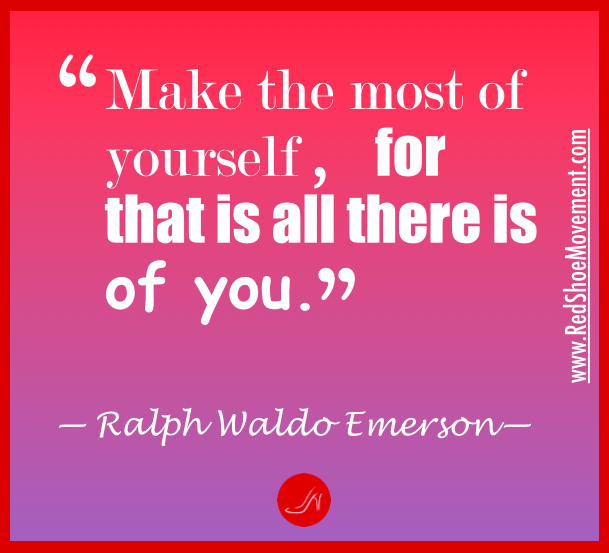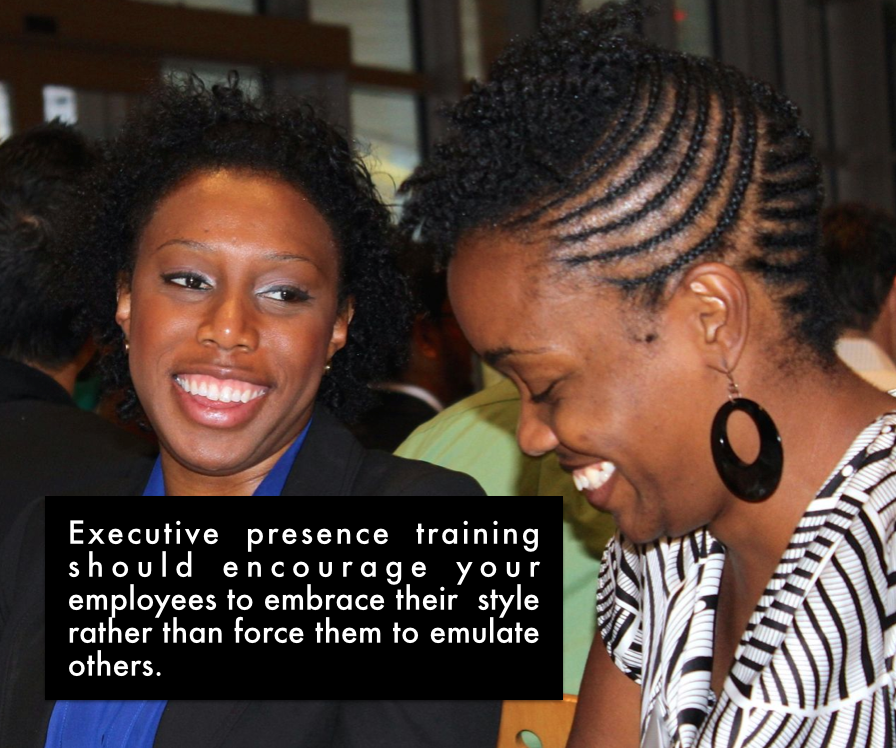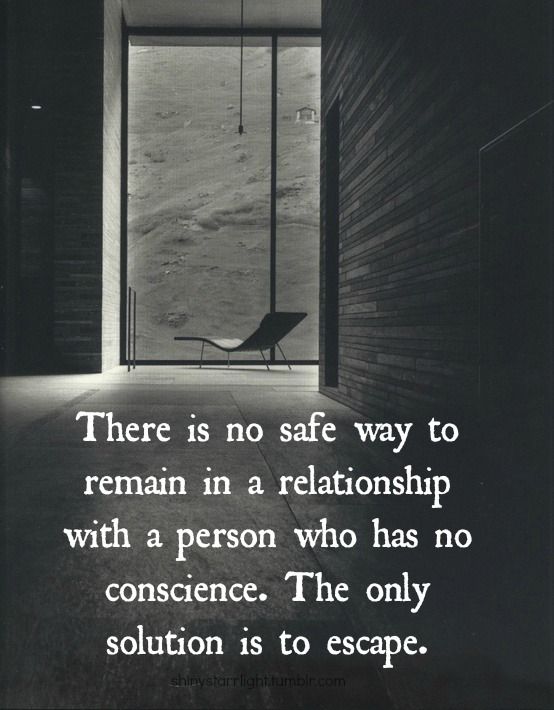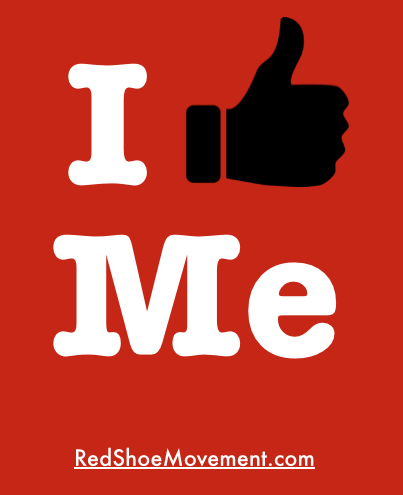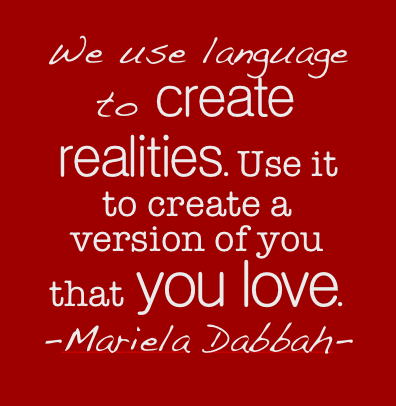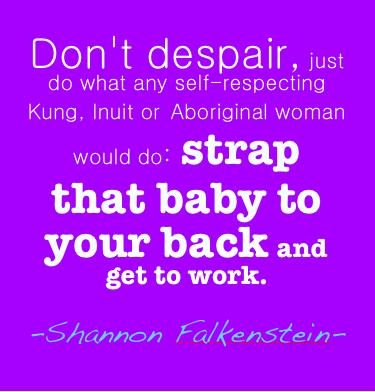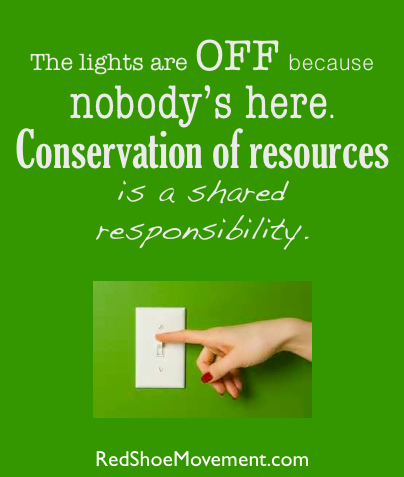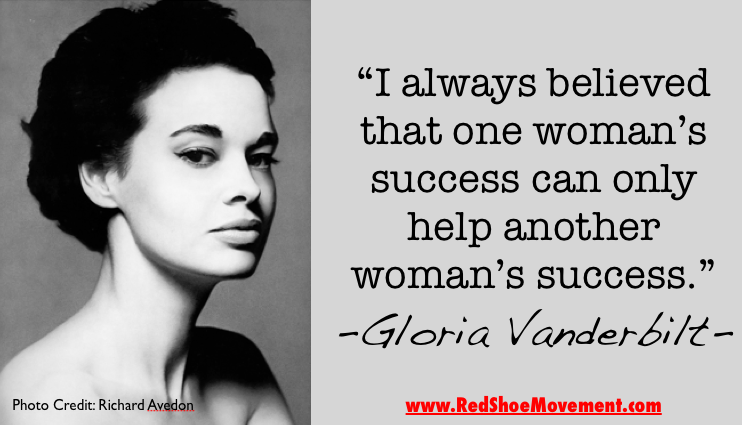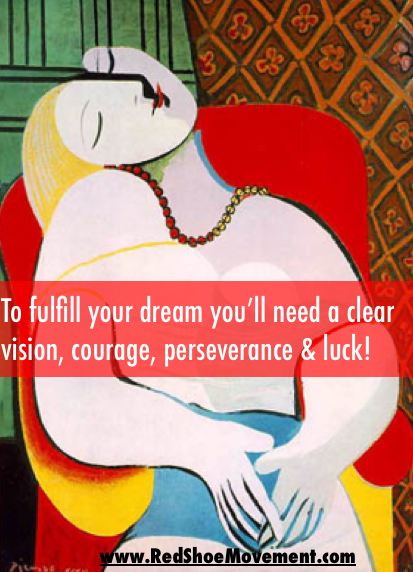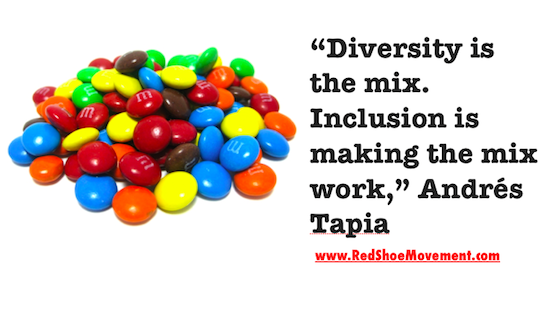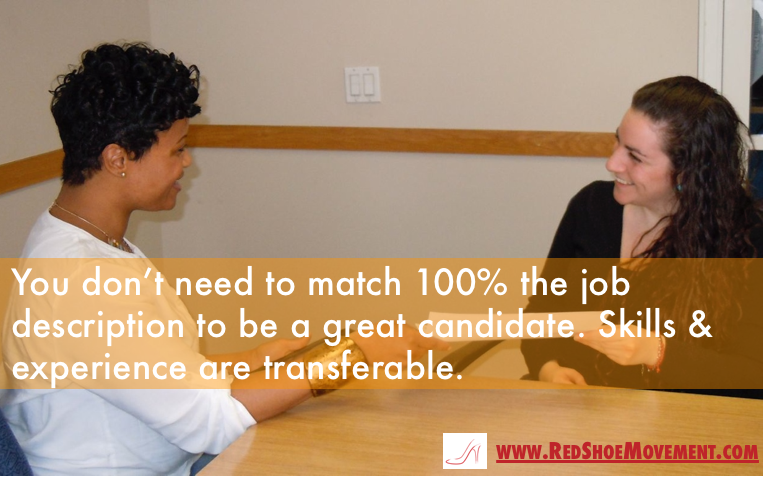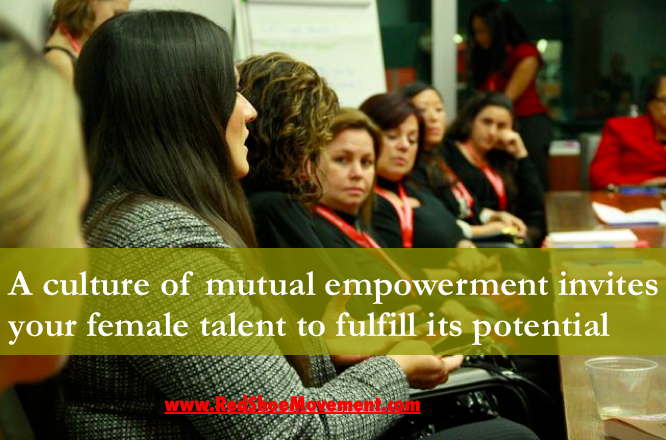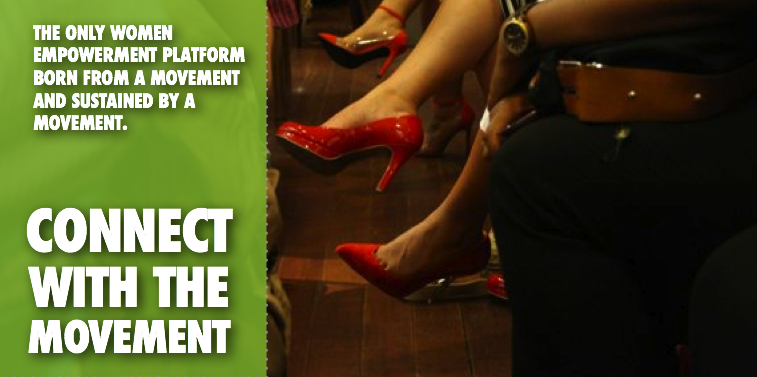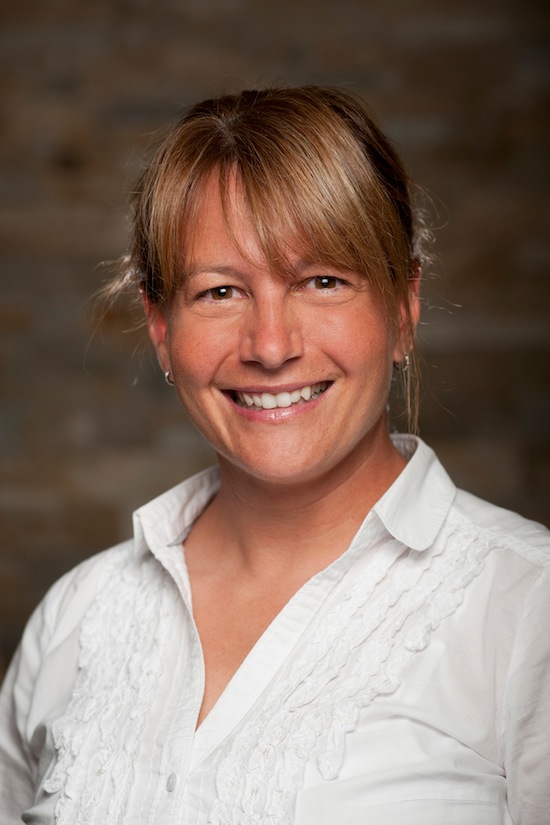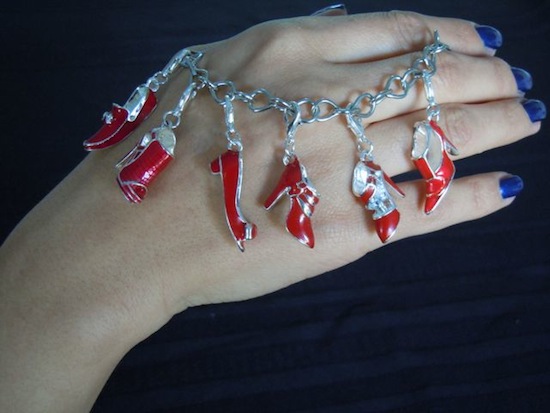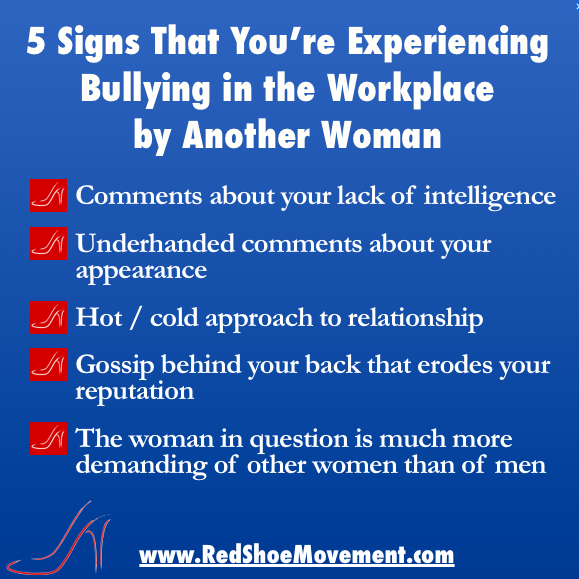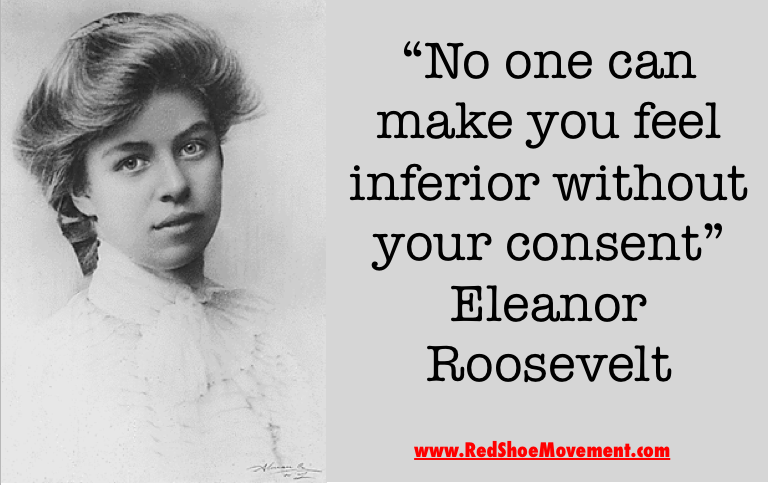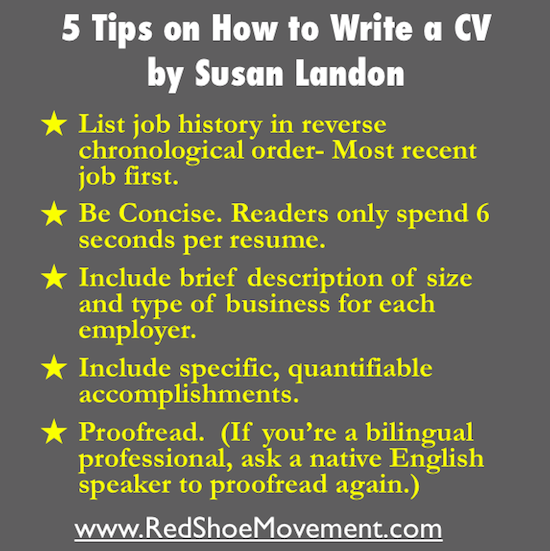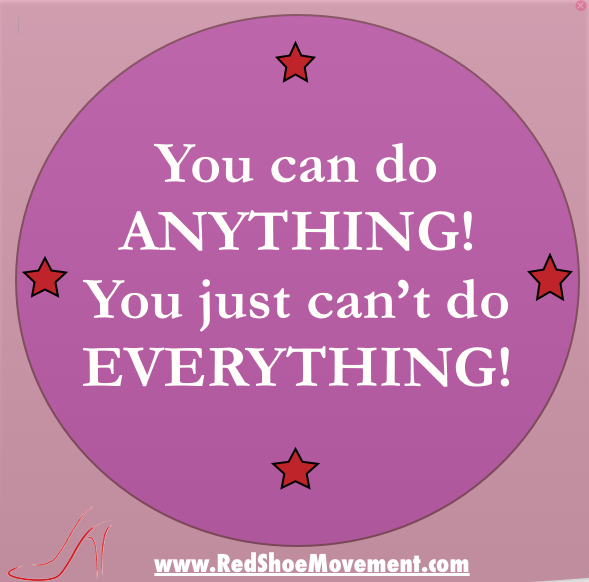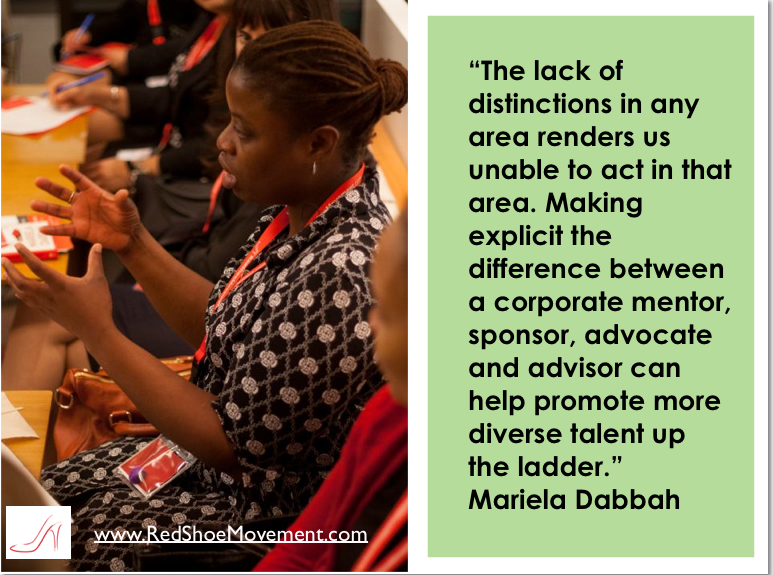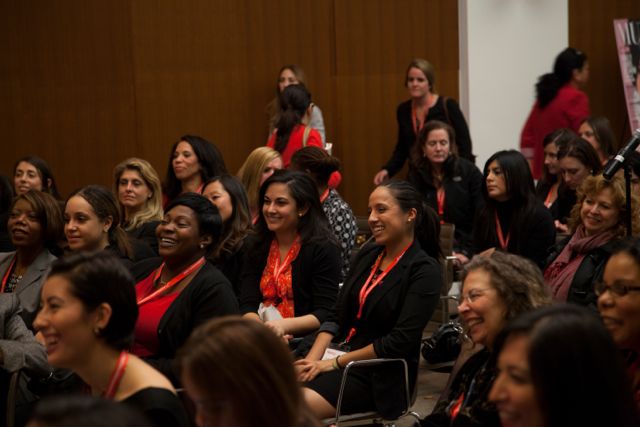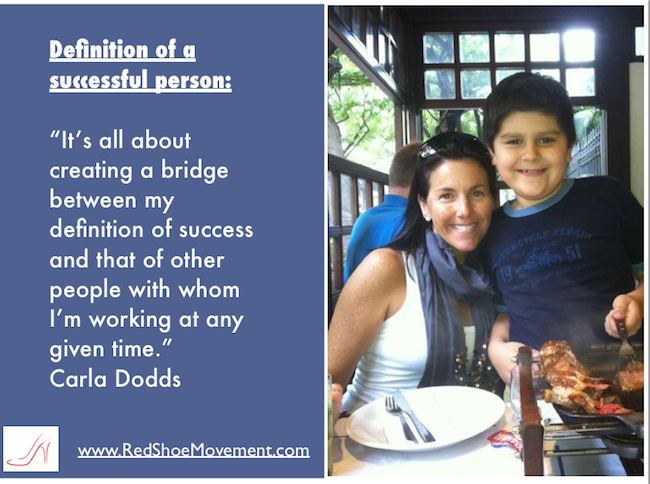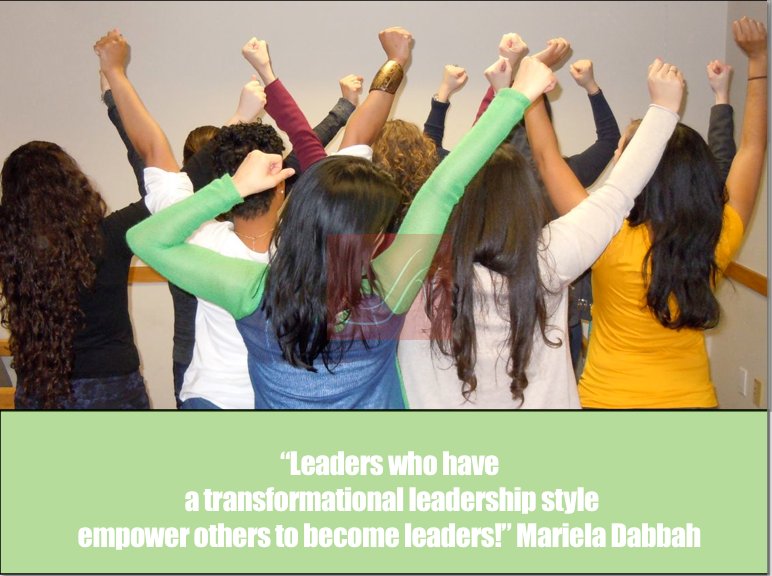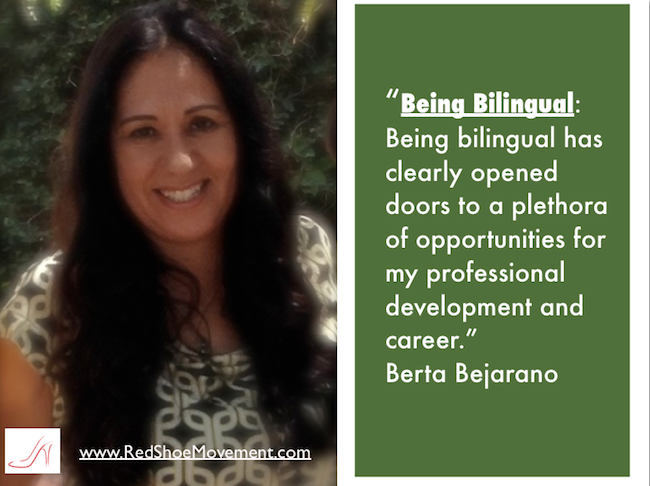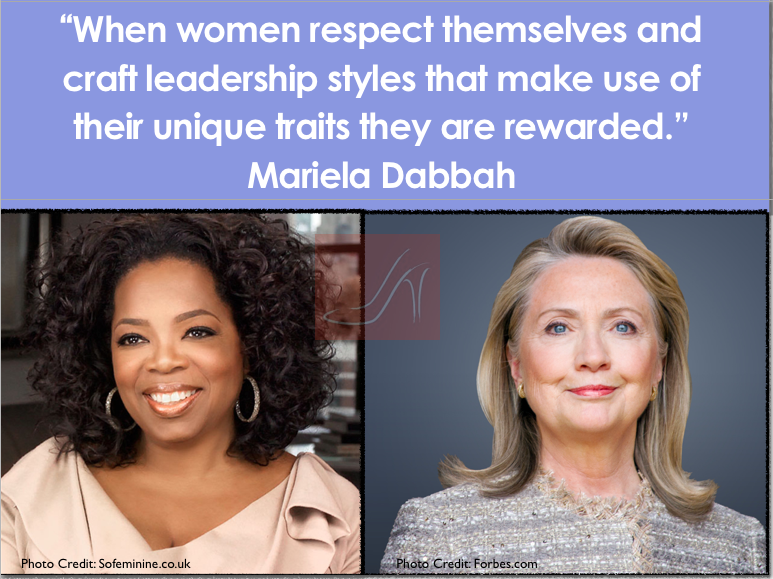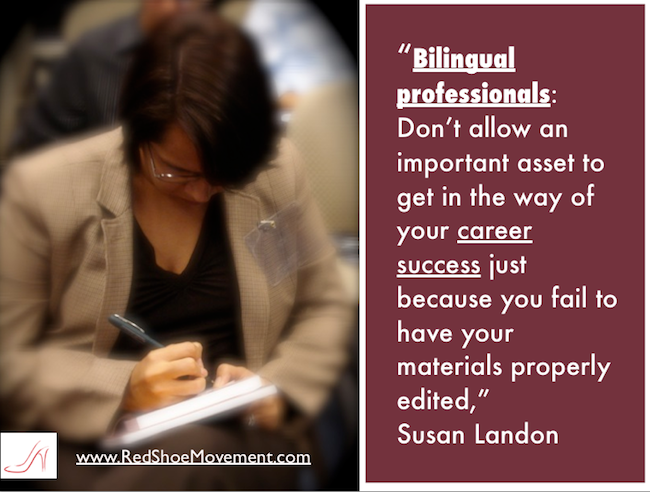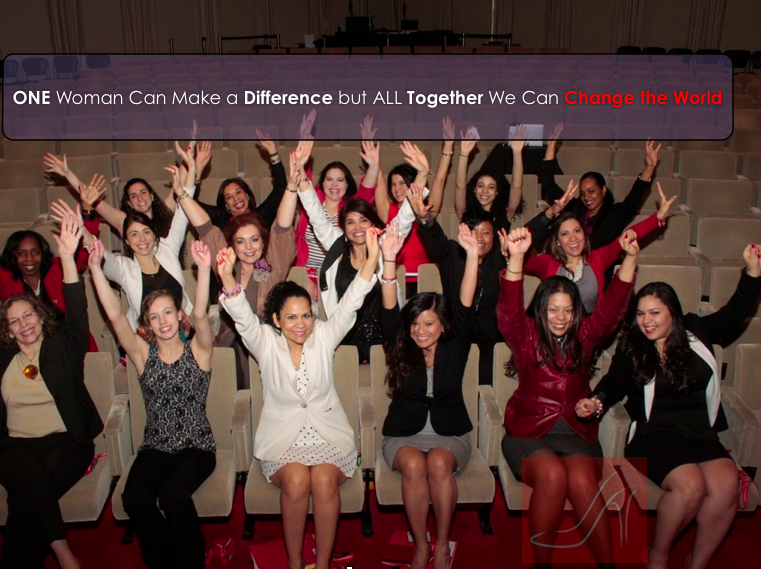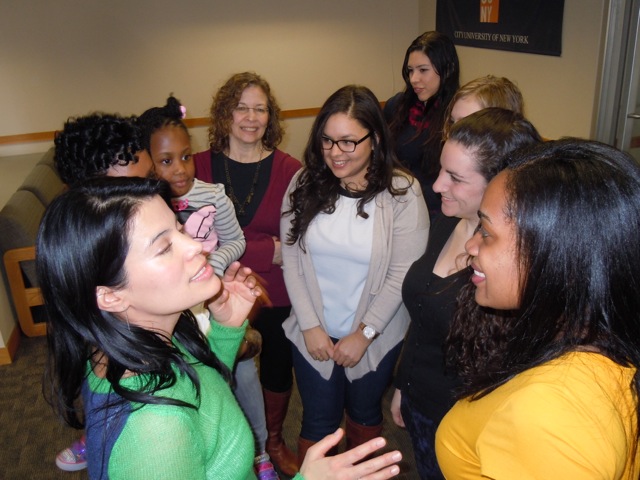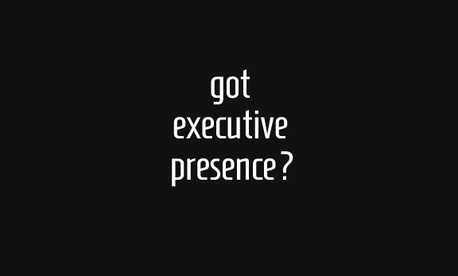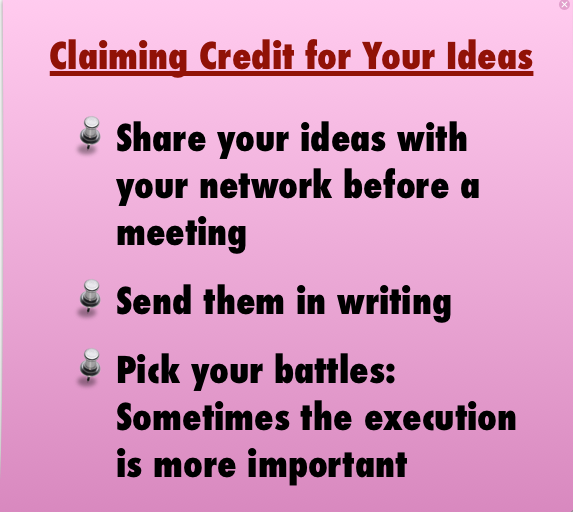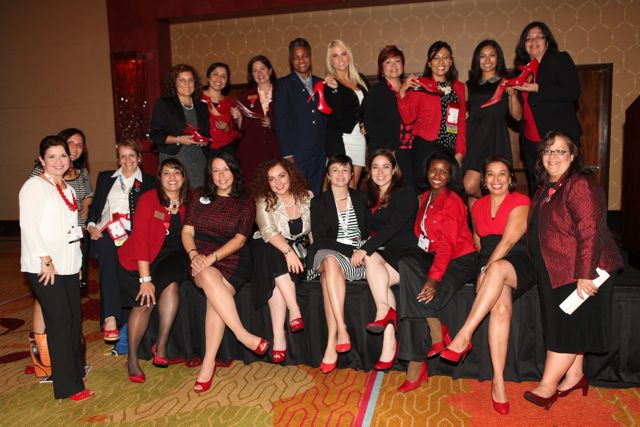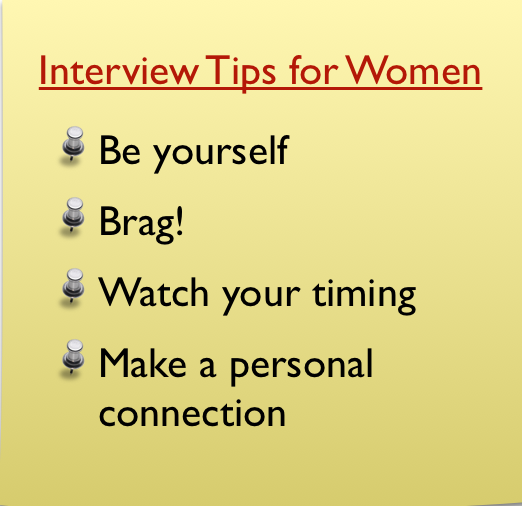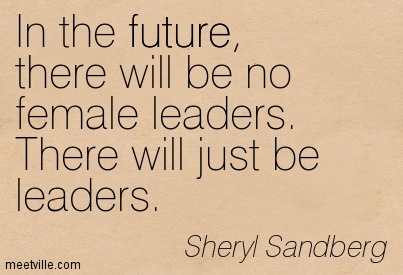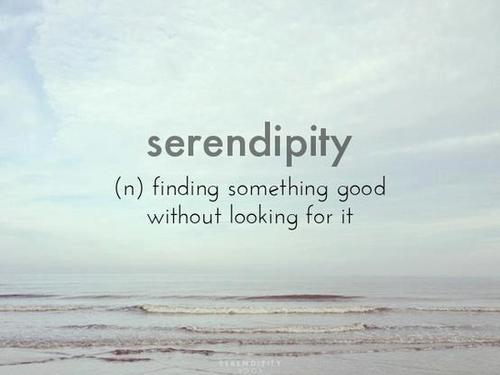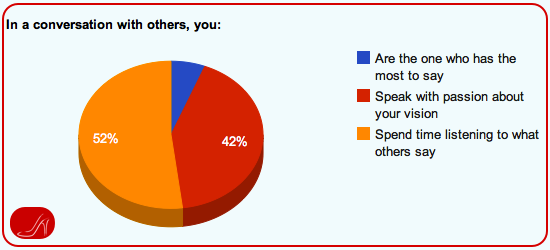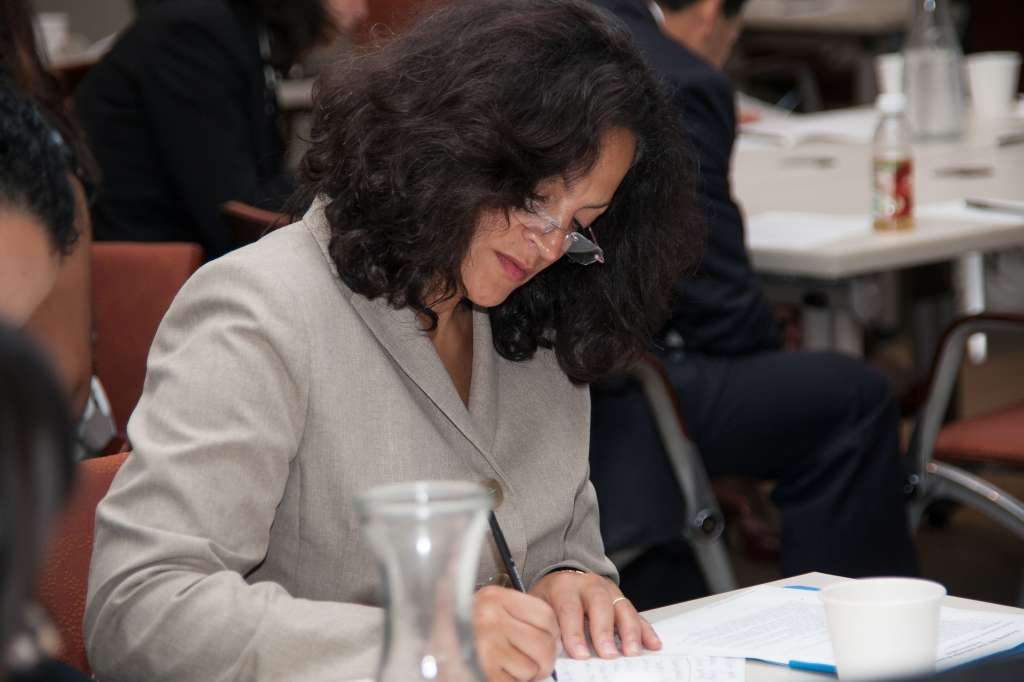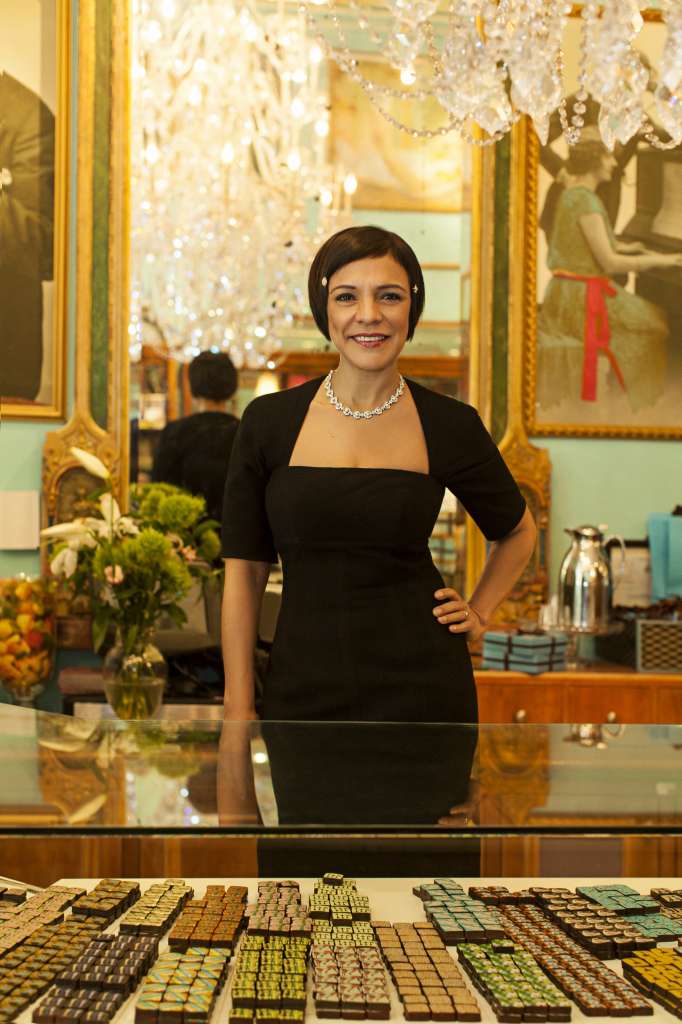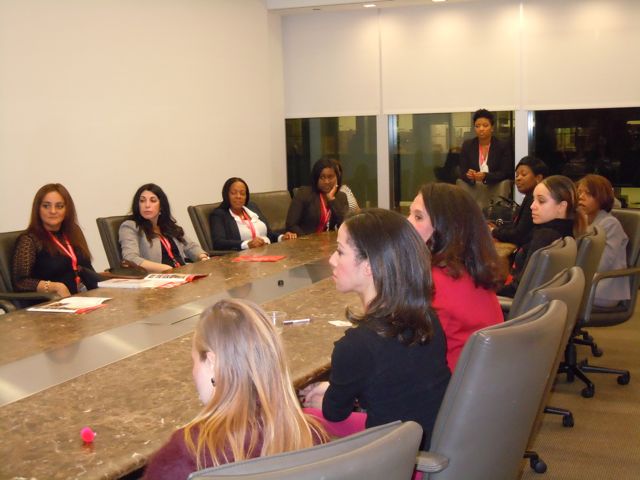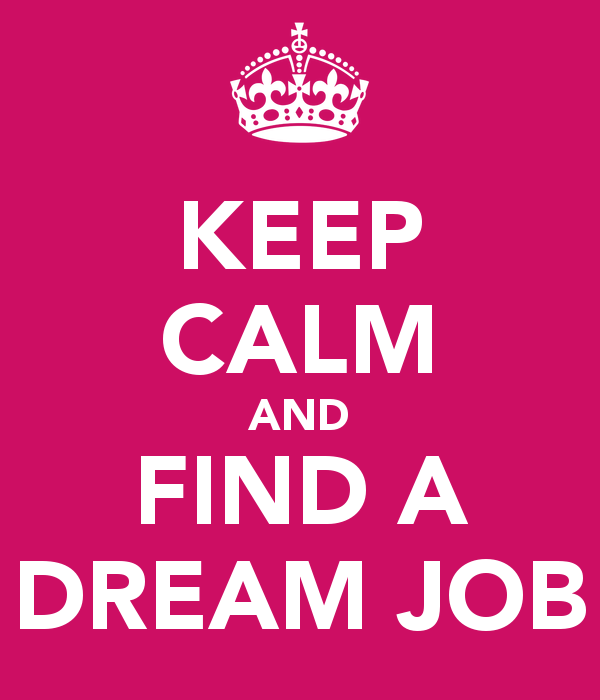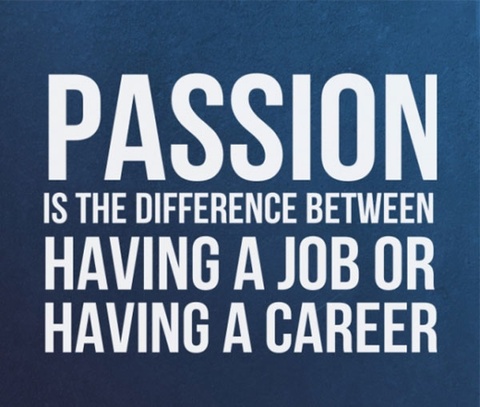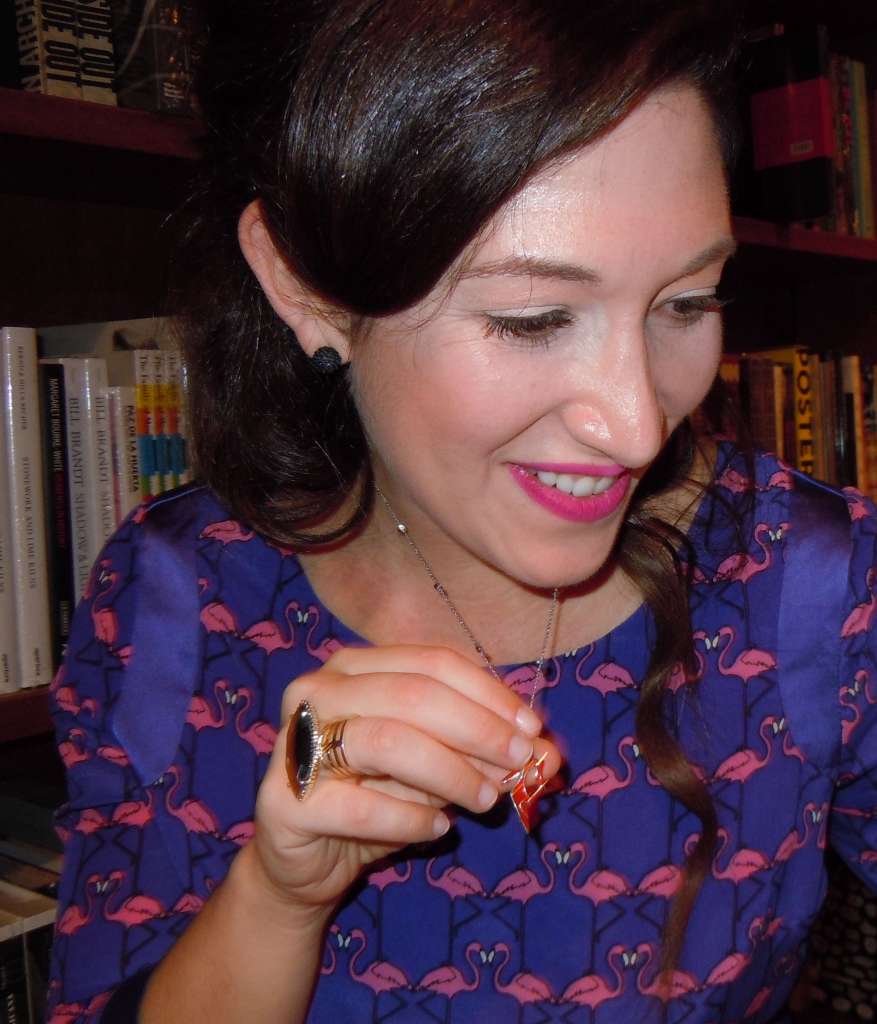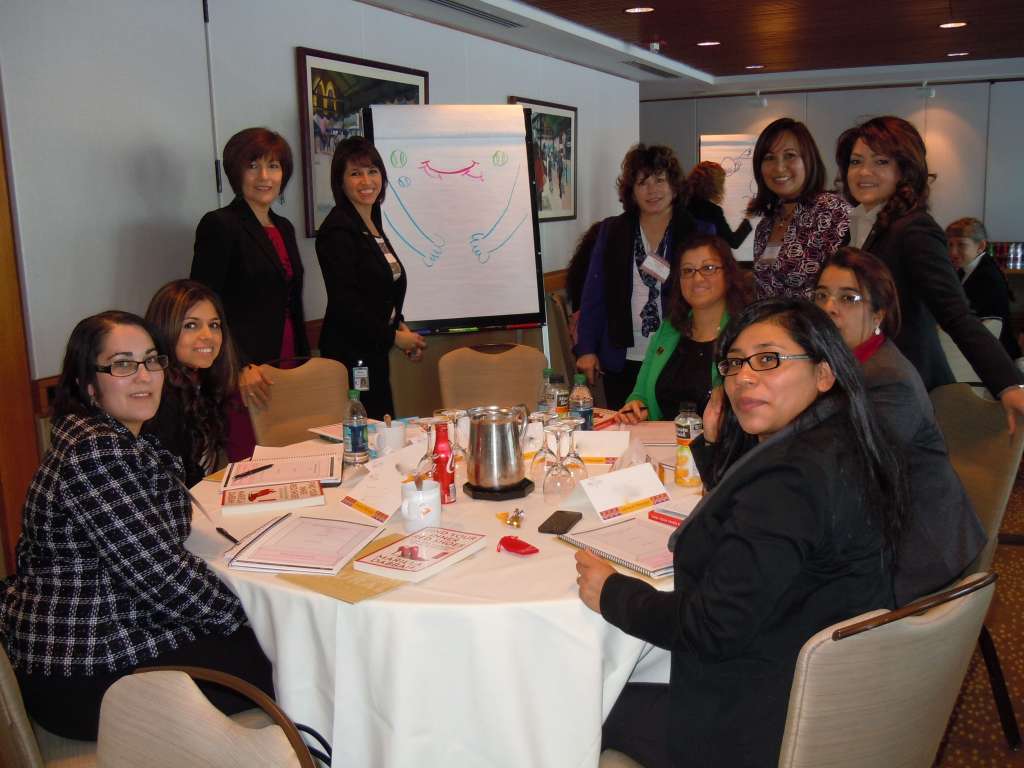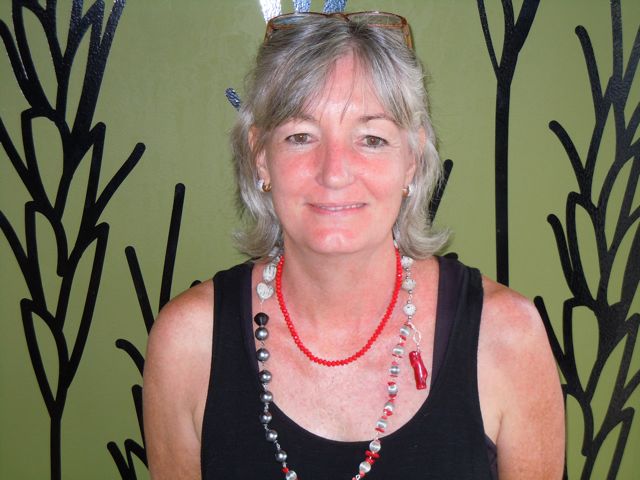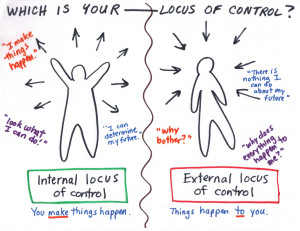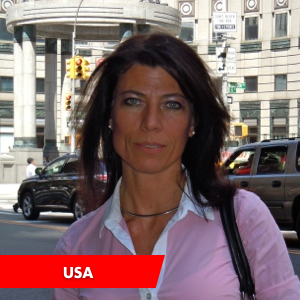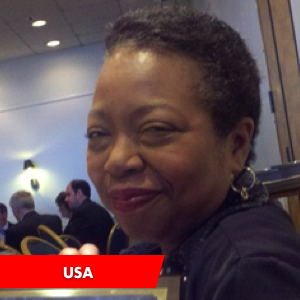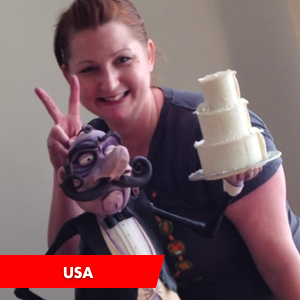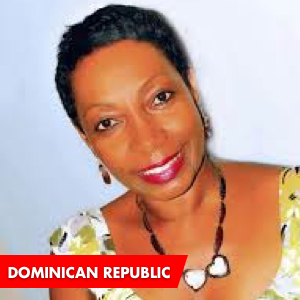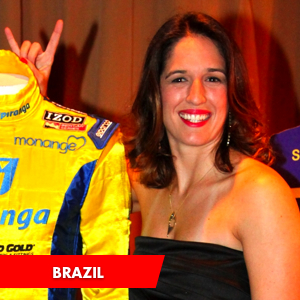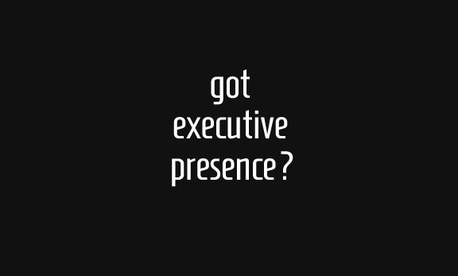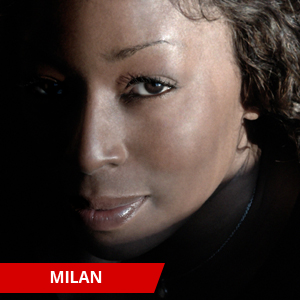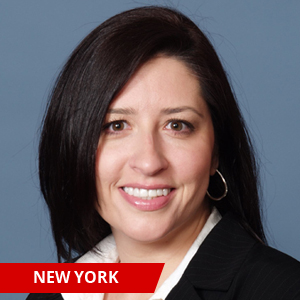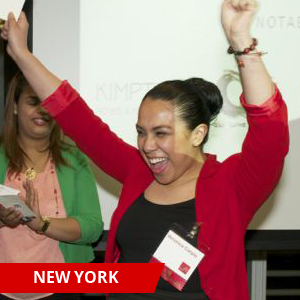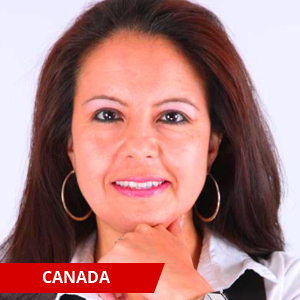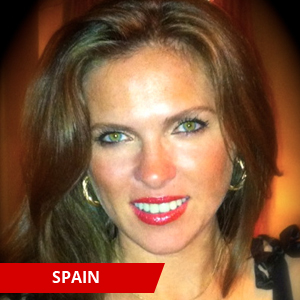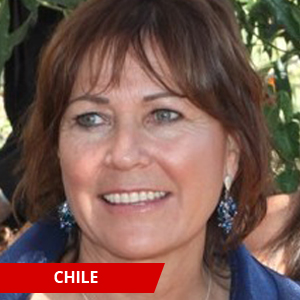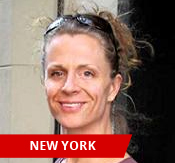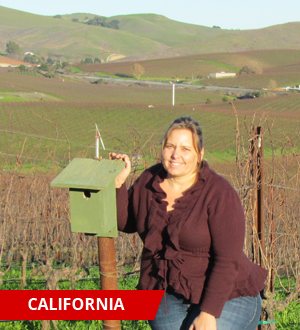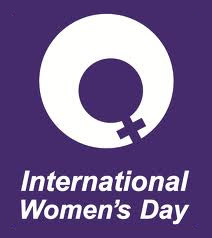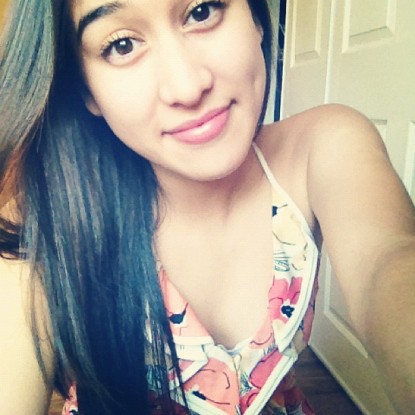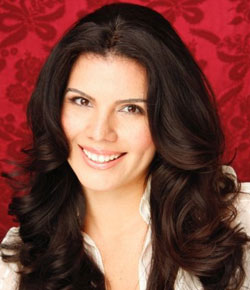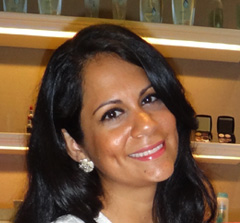Being aware of your blind spots is always useful. But to grow in your career and particularly when you work with others it’s invaluable. Check out this alternative and easy-to-implement method to Johari’s window.
For decades, many people relied on the Johari’s Window technique. Created by psychologists Joseph Luft and Harrington Ingham in 1955, it’s an exercise where subjects pick a number of adjectives from a list that they feel describe them. Then, the subject’s peers are asked to choose an equal number of adjectives describing the subject. These adjectives are introduced into four quadrants (see image.)
- Open Area: Includes adjectives that were selected by the subject and his/her peers.
- Blind Spot: Includes adjectives only selected by the peers.
- Hidden or Façade: Includes adjectives selected only by the subject.
- Unknown: Includes the adjectives nobody selected.
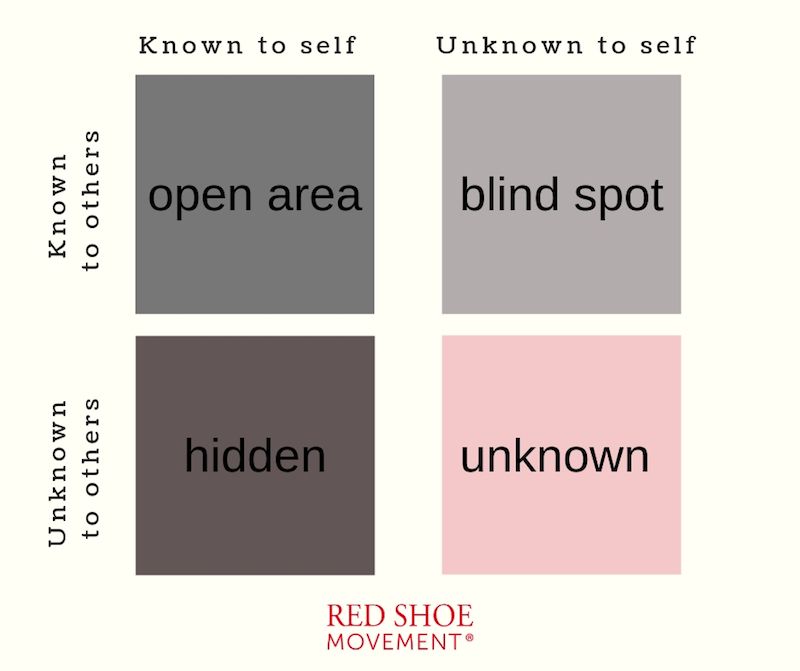
An Alternative and Informal Way to Johari’s Window
This exercise is aimed at increasing your self-awareness, learning how others perceive you and discovering any blind spots.
It came to mind as I was recently listening to Shonda Rhimes talk about developing memorable characters. I found it fascinating that one of the questions she tries to answer about them is “what don’t they know about themselves.” In other words, one of the most successful creators of contemporary TV dramas focuses on her characters’ blind spots in order to advance the plot.
I couldn’t help thinking that this would be a very useful alternative to the Johari Window when asked in the context of one’s career. An informal way to discover blind spots that may be interfering with your growth or with achieving certain goals.
So I put my little theory to the test with a few friends and colleagues. What follows is what I learned in the process. Warning: Read on before you try this at home.
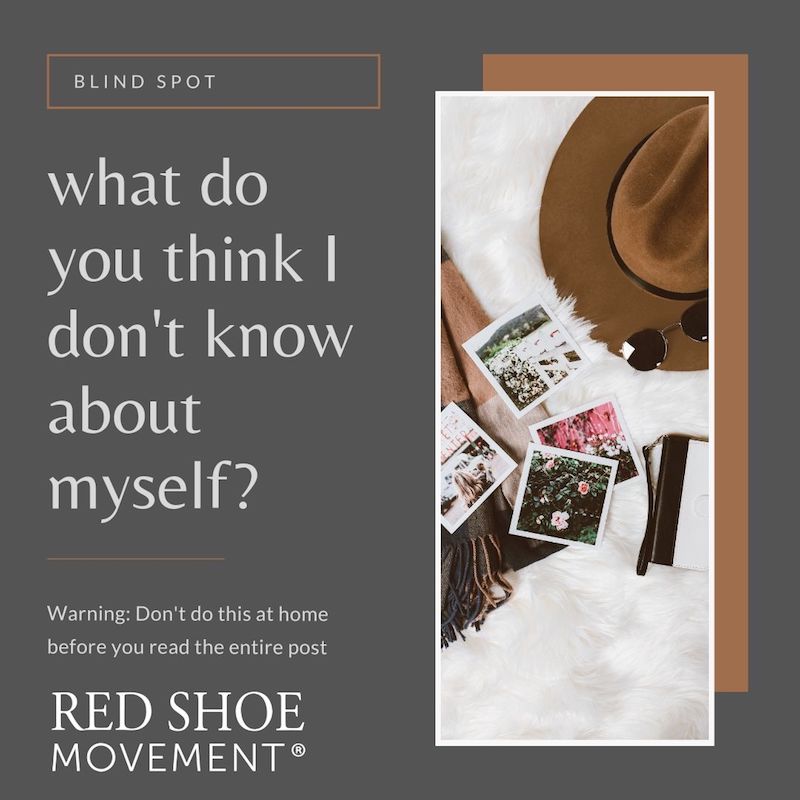
To Discover Your Blind Spots, Provide people with a very specific question
It’s a mistake to think that you can throw out a question such as, “What do you think I don’t know about myself?” and get useful answers. (Not for nothing, the Johari technique offers 56 specific adjectives to choose from.)
Although it may seem like a specific enough question, it’s really not. It opens the floodgates for people to discharge any old grunt they have with you and tell you things they don’t like about you. (Which you probably knew anyway.) So, it’s important to say something specific such as, “When it comes to my professional life, what do you think I don’t know about myself? Things I may do in an automatic way that may be a blind spot of mine?”
Clarify the reason why you are asking the question
Many people may think you’re fishing for compliments. One of the people I asked recorded five long messages describing my personality. And although it’s always uplifting to hear people you admire say nice things about you, that’s not what you are going for. To grow, you not only need a steady diet of cheerleaders and people who’ve got your back, but you also need to know what you don’t know. And who’s in a better position to share that with you than those same people who will give you the shirt off their back? So, you have to be clear about the reason you are seeking these insights in order for everyone to feel comfortable providing them.
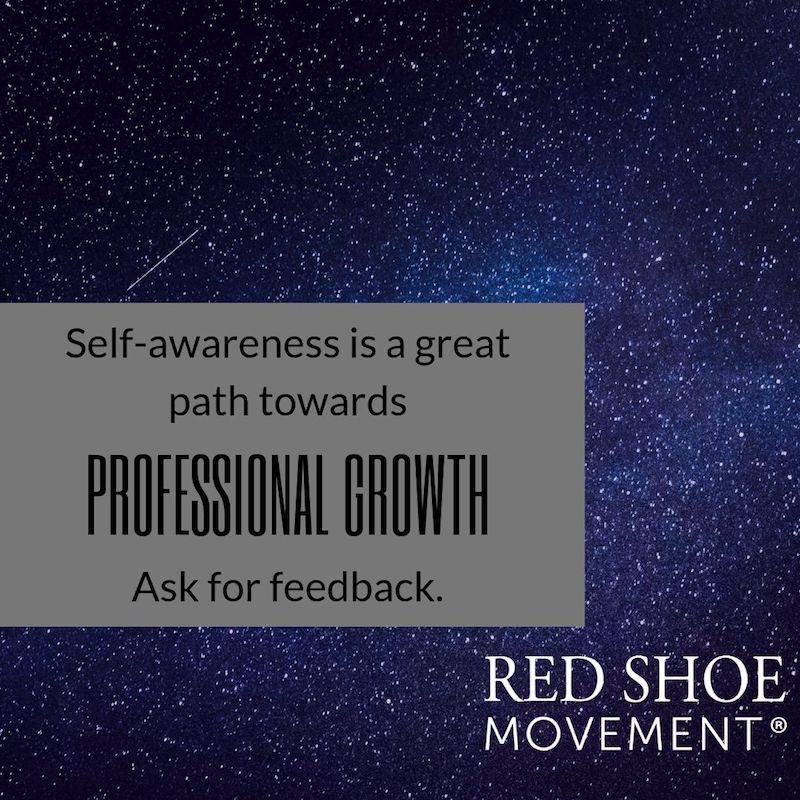
Before you ask, prepare yourself to truly listen
Even before I offer a simple framework to help people give you the feedback you seek, a warning. You shouldn’t embark on this journey unless you have a thick skin and have learned to take criticism in stride. Asking for this kind of information is a risk both for the person asking and for the person providing the answer. You may hear things you didn’t expect to. Some stuff will be great and other stuff will probably be uncomfortable, surprising, or painful. But if you ask for it, you have to be ready to take it. You can’t get upset or start giving the person counter feedback, which they haven’t asked for. Think about it this way: This person is taking a risk by offering insights they think you are not aware of. They do it because they care about you and your growth. Don’t penalize them for being honest.
Carefully choose those you ask
For several reasons, this is not a question you can just ask just about anyone in your network. So choose wisely who to include in your experiment. These are the parameters you should consider when selecting someone:
- They should know you well
- They know you in a professional context
- You should trust that they have your best interest at heart
- They don’t hold a grudge against you
- They are not your siblings 😉
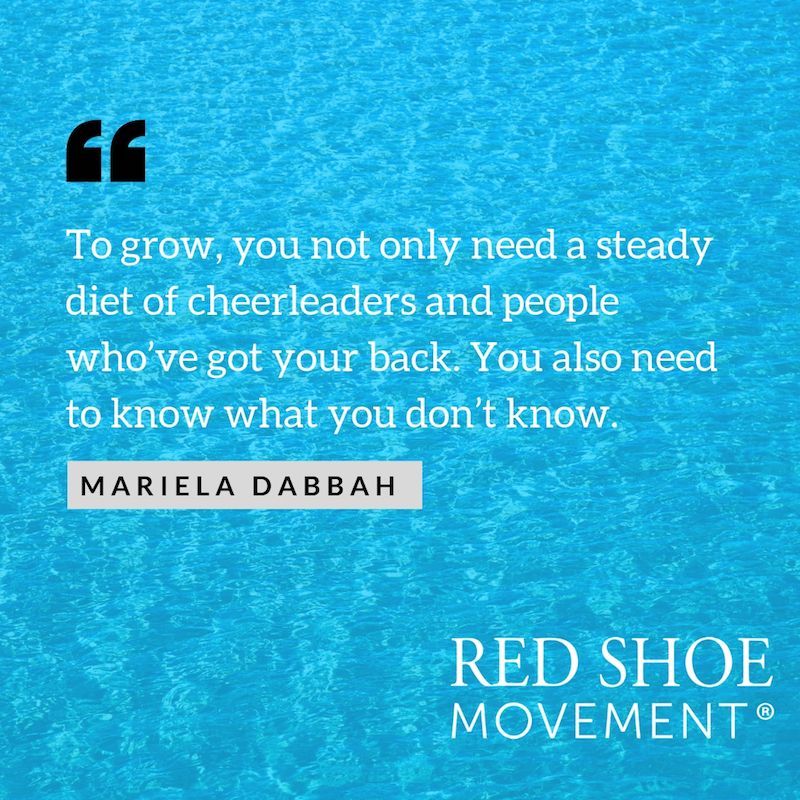
Provide a framework for people to use for their answer
Through the years, I’ve developed a thick skin. It was the only way to survive in business. But I wasn’t born like this. It used to be very hard for me to hear what others had to say about my performance. But as you mature and realize you won’t die every time someone says something negative about you and that on the contrary, those comments help you grow, you become stronger.
So when I thought of going through with this experiment, I just asked the question without giving it a second thought. I didn’t feel that I needed to give my friends and colleagues a framework for providing feedback because I instinctively knew I could take whatever they had to say about me. Until someone brought to my attention that that was one of my blind spots. 1) Not realizing that not everyone is ready to ask a question like this and deal with the answers. And 2) not realizing that not everyone has the necessary emotional intelligence to modulate the kind of feedback they give to different individuals depending on that individual’s temperament. Touché.
So here’s the framework
Send an email explaining why you’re asking the question. “I’m interested in discovering any blind spots that I may be able to leverage for my career growth and I need your help. Would you mind telling me, ‘When it comes to my professional life, what do you think I don’t know about myself? I’m not referring to what some of my weaknesses are, but about any particular behavior, belief, attitude, gesture, etc. that I may be unaware of. The idea is to discover some areas that I may be able to put to better use for my career, and others that I may need to tweak to move forward. In order to make the most of your feedback, please try to frame your comments within one or more of the following constructions:
- You should consider doing more of…
- You should consider doing less of…
- Sometimes you do x… which has y… as a consequence. Perhaps you could consider doing more of z…
- Under x circumstances you tend to do y. I’d suggest you do more of z/ or less of b”
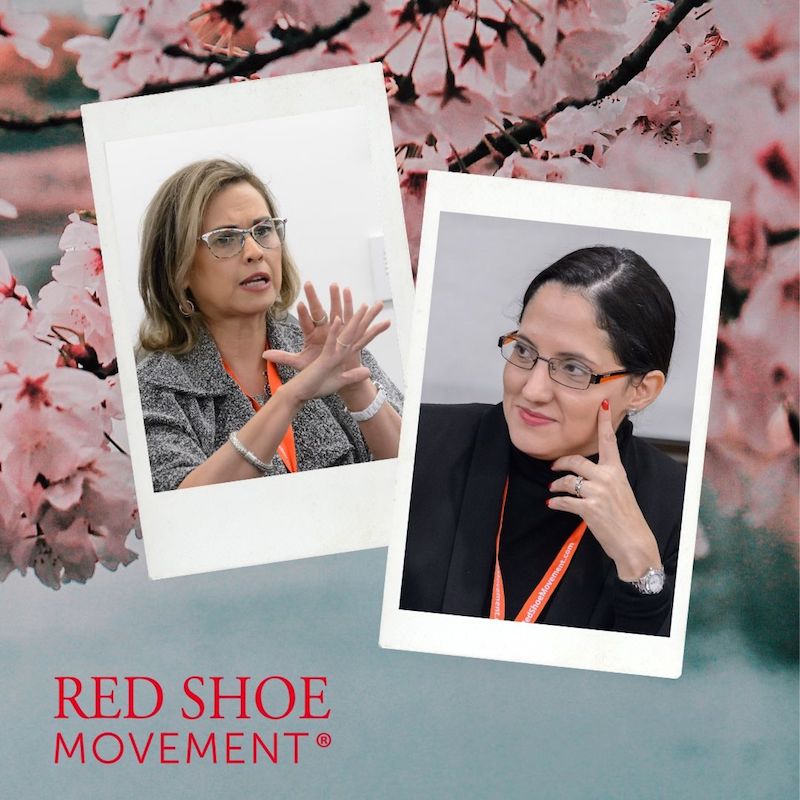
What to do with the feedback
Once you review the feedback, sit on it for a bit. Don’t make any rash changes or decisions. It takes a minute to digest this kind of insights and to understand what you can use and what you can’t. Or what you don’t want to. Keep in mind that you’re asking people to guess what you don’t know about yourself.
I received a bunch of answers that were not blind spots of mine at all. Things people thought I didn’t know about and which in fact I make overt use of in my professional and personal lives. (Like I was very histrionic, for example.) Clearly, if you had as many years of psychotherapy as I had (part of my Argentine upbringing) or if you have been exposed to coaching or any other practice that develops your self-awareness, it will be harder for others to discover any true blind spots. That doesn’t mean that they are not there.
If done with your eyes wide open, this is an informal way of getting to some valuable information about yourself that can help you unveil where the opportunities for growth lie.
If you're ready to move up in your career explore our successful Step Up Plus program!



